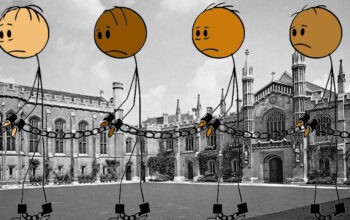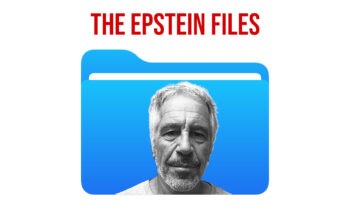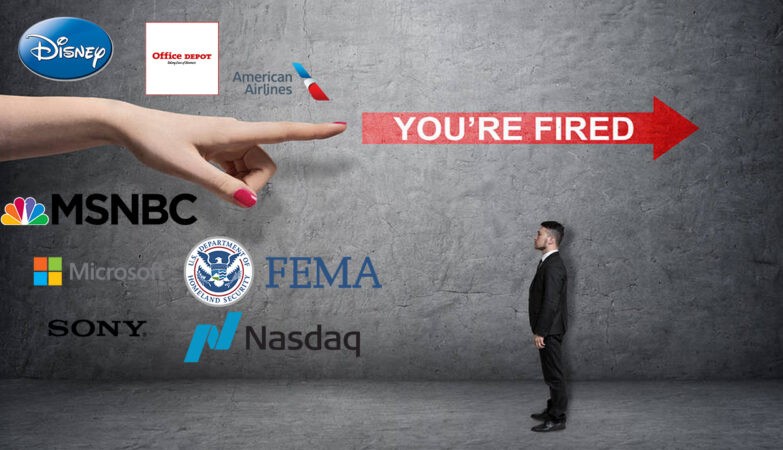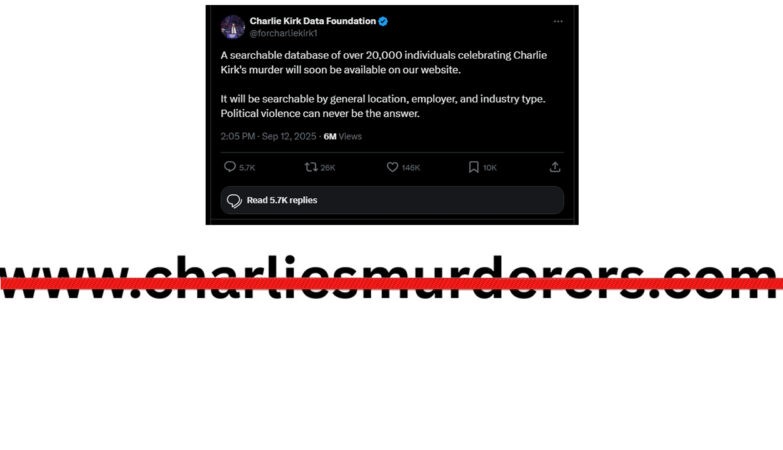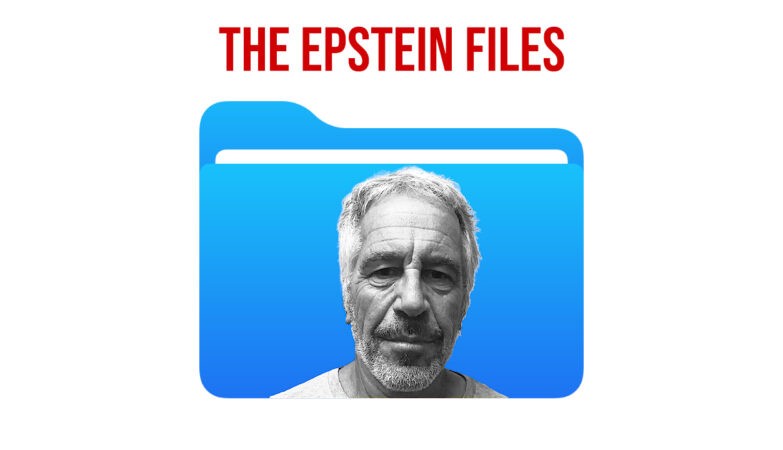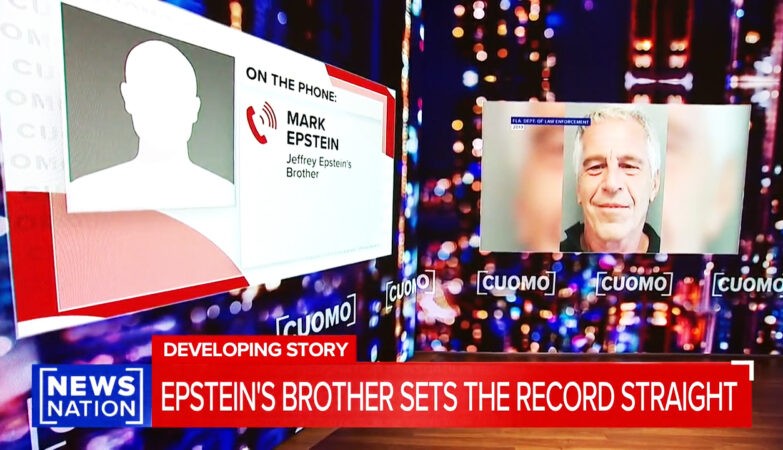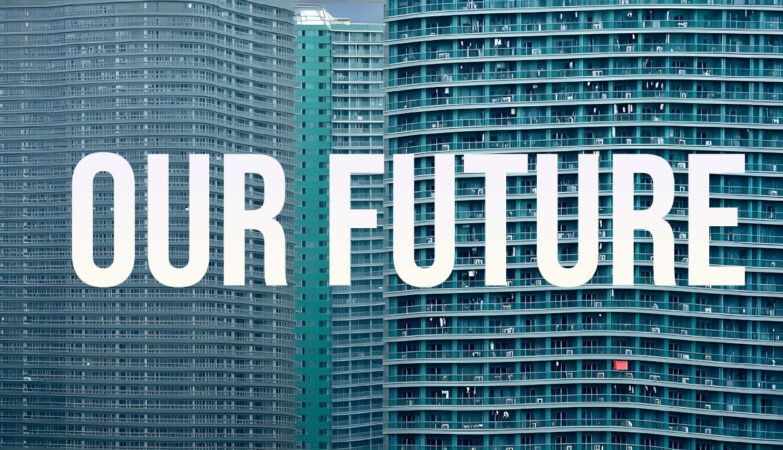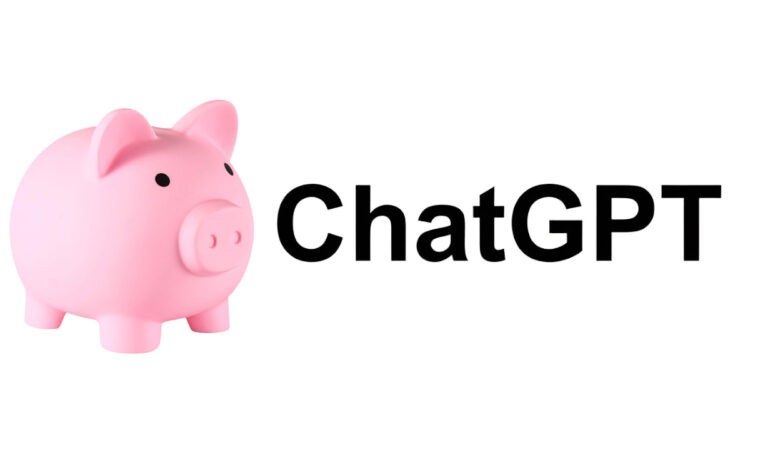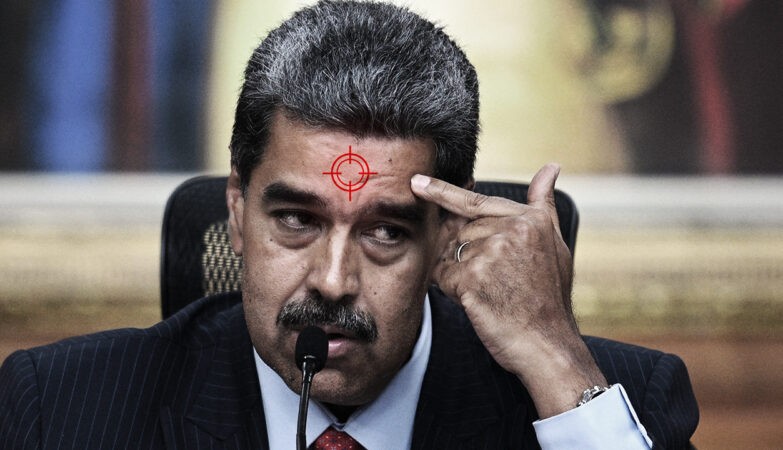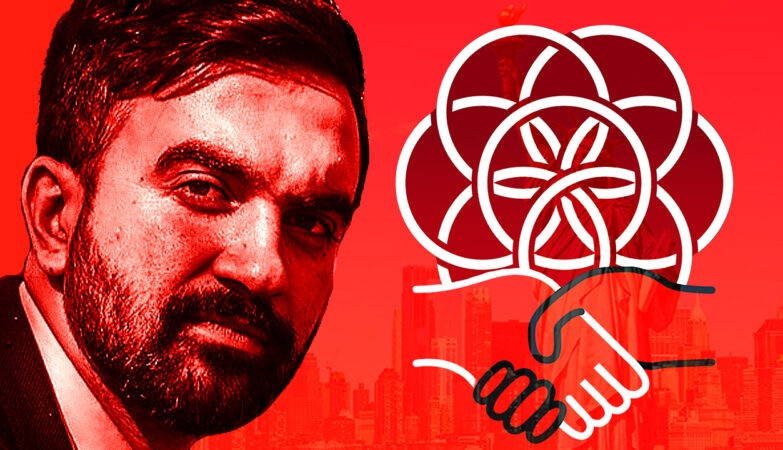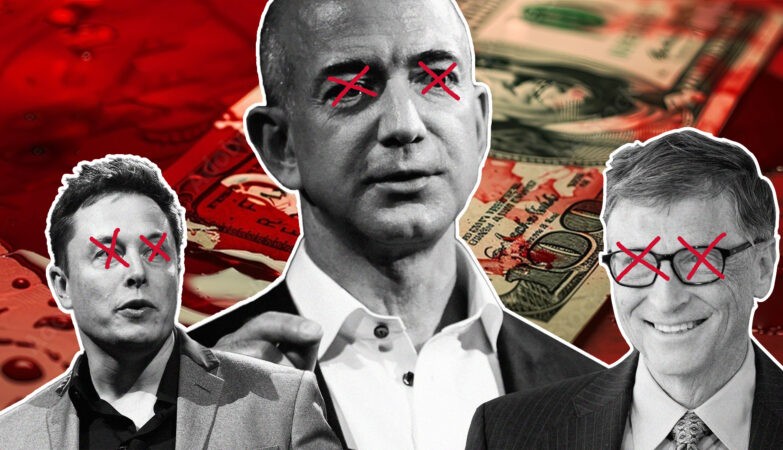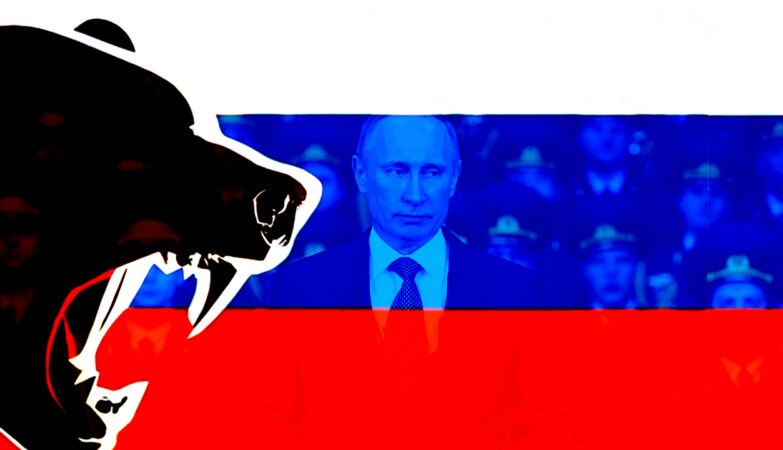With millions of people out of work and millions of others forced to work from home, the pandemic has reshaped the nation’s labor force. And it’s not done yet. As the unemployed look ahead to getting hired and remote employees prepare for a return to the workplace, many are contemplating the same question: Can they be required to get a COVID-19 vaccination if they want to keep their jobs?
The question has become more urgent since the U.S. Food and Drug Administration (FDA) granted Pfizer-BioNTech vaccine full approval on August 23. The short answer: Yes. An employer can make a vaccination a requirement if you want to continue working there. But there are significant exceptions for potential concerns related to any disability you may have and for religious beliefs that prohibit vaccinations. But now, with many Americans still hesitant to get vaccinated even as the delta variant spreads, more employers are telling workers they either need to be vaccinated or comply with a rigorous regiment of testing, wearing masks and practicing physical distancing if they want to return to work. Refusal to be vaccinated could lead to job loss and also make a person ineligible for unemployment benefits.
On Dec. 16, the Equal Employment Opportunity Commission (EEOC) confirmed that a COVID-19 vaccination requirement by itself would not violate Americans with Disabilities Act (ADA). That law prohibits employers from conducting some types of medical examinations. On May 28, the EEOC reaffirmed that employers can require workers who are returning to offices to be vaccinated for COVID-19.
“If a vaccine is administered to an employee by an employer for protection against contracting COVID-19, the employer is not seeking information about an individual’s impairments or current health status and, therefore, it is not a medical examination,” the EEOC says. The U.S. Department of Justice also has determined that it considers employer vaccine mandates to be legally permissible.
But some employees may be exempted from mandatory vaccinations based on potential concerns related to any disability you may have and for religious beliefs that prohibit vaccinations. And experts say that employers are more likely to simply encourage their workers to get immunized rather that issue a company-wide mandate.
“Employment in the United States is generally ‘at will,’ which means that your employer can set working conditions,” says Dorit Reiss, a law professor at the University of California, Hastings, who specializes in legal and policy issues related to vaccines. “Certainly, employers can set health and safety work conditions, with a few limits.”
Those restrictions generally are tied to the federal Americans with Disabilities Act (ADA) and Title VII of the Civil Rights Act of 1964. If employees have medical reasons or sincerely held religious beliefs that prevent them from taking a potential coronavirus vaccine, employers could be legally required to give the workers some reasonable alternative to continue to work, Reiss says.
The EEOC guidance notes that even if an employer finds that a worker who cannot be vaccinated due to disability poses a risk to the workplace, the employer cannot exclude the employee from the job — or take any other action — unless there is no way to provide a reasonable accommodation that would reduce this risk to others.
“That might be a [wearing a] mask, a working from home, or a working separately from other people alternative. As long as it’s not too significant a barrier for the employer,” Reiss says. “If you can achieve the same level of safety as the vaccine via mask, or remote working, you can’t fire the employee. You need to give them an accommodation.”
Despite the possible future legal ramifications, here are several popular or growing businesses that are requiring the COVID jab for either some or all employees.
For those of you aware of the true agenda behind the “pandemic” like we are over here at OP News, I highly advise keeping your distance (including your wallet) from these companies.
Anthem (ANTM)
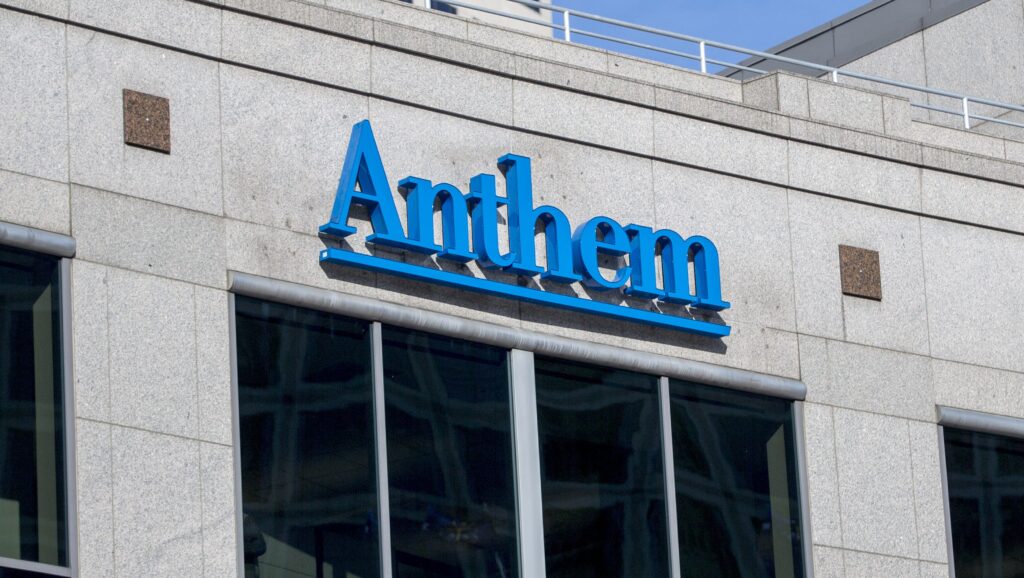
Employees must be fully vaccinated to enter offices that are open, including the health care insurance company’s headquarters in Indianapolis and its office in Atlanta, according to Anthem spokesperson Michelle Vanstory.
Ascension Health
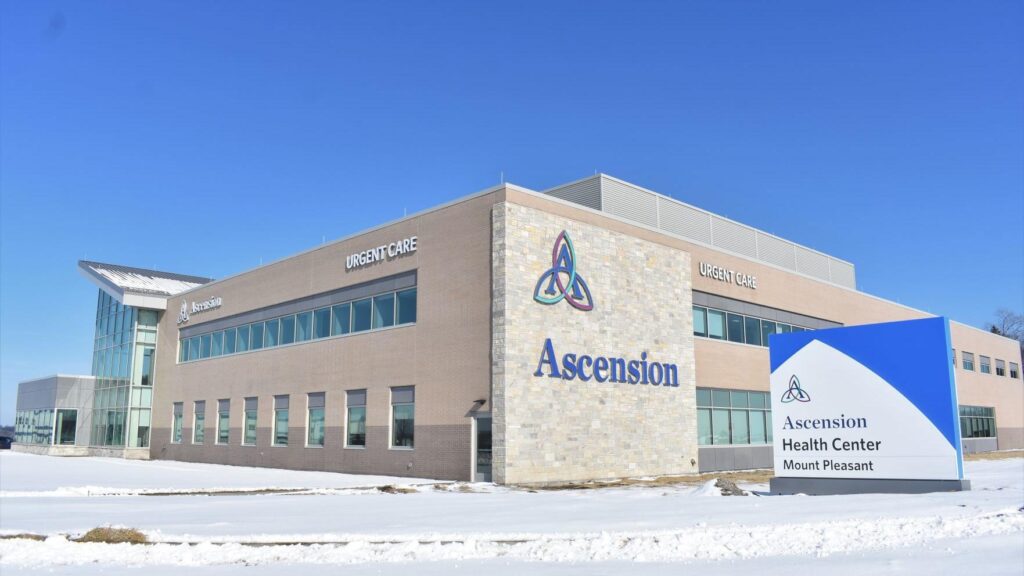
Ascension Health announced that it will require Covid-19 vaccinations for all of its employees “for the safety of patients and visitors, our associates, our families and loved ones, and the community,” according to a Tuesday press release from the company. “Ascension will require that all associates be vaccinated against COVID-19, whether or not they provide direct patient care, and whether they work in our sites of care or remotely,” the company said in the statement.
Bank of America (BAC)
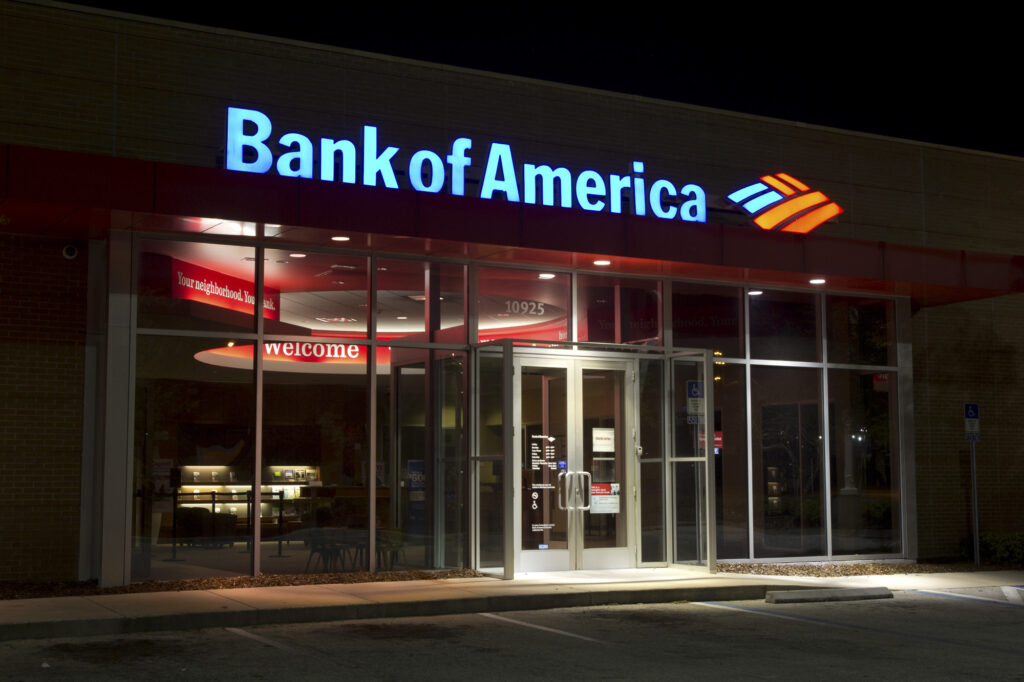
For its expected reopening in September, the bank will allow only vaccinated employees to reenter its offices, per Bloomberg.
BlackRock (BLK)
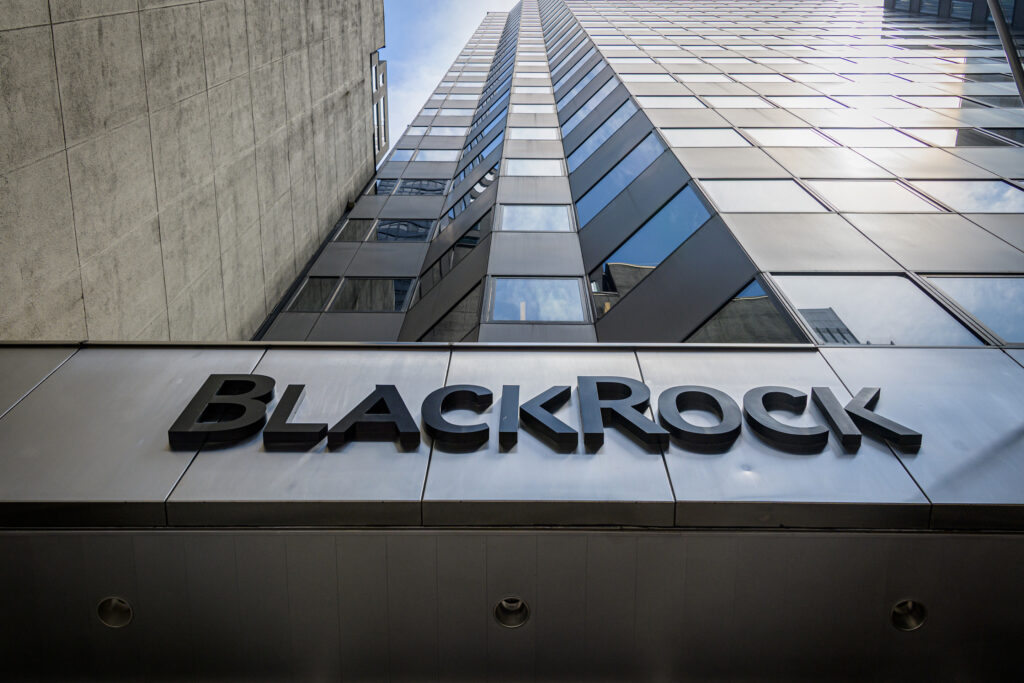
Since July 1, only vaccinated employees and visitors to the investment giant have been allowed to return to the office, according to a company memo obtained by NBC News. All U.S.-based employees, regardless of any plans to voluntarily return, were required to report their vaccination status by June 30.
Capital One (COF)
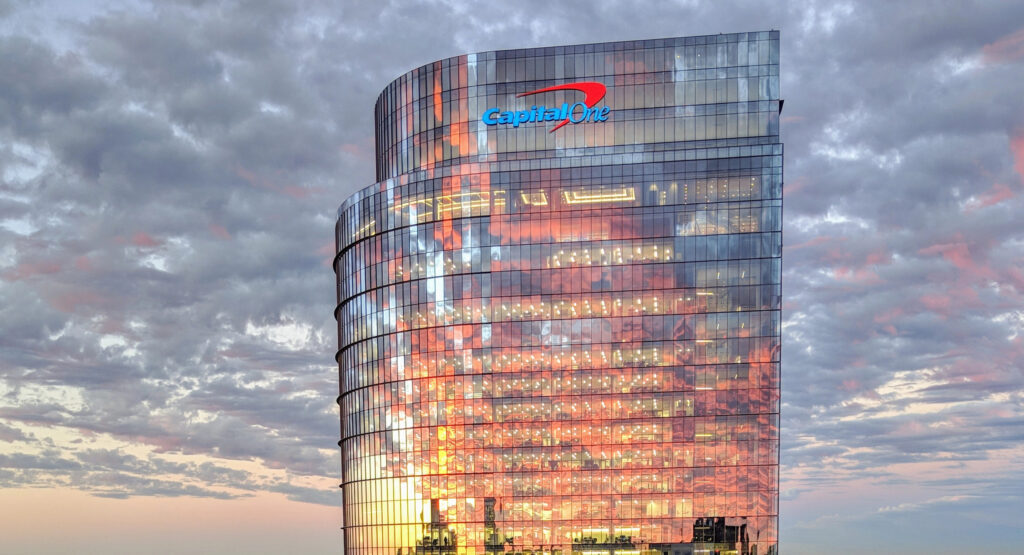
The company said in August that it would require all its employees to be fully vaccinated before returning to the office, and it delayed that reopening until November. Unvaccinated employees will be able to keep working from home until at least the first quarter of 2022. Any contractors, vendors, or visitors must also be vaccinated to enter any office location.
Cardinal Health (CAH)
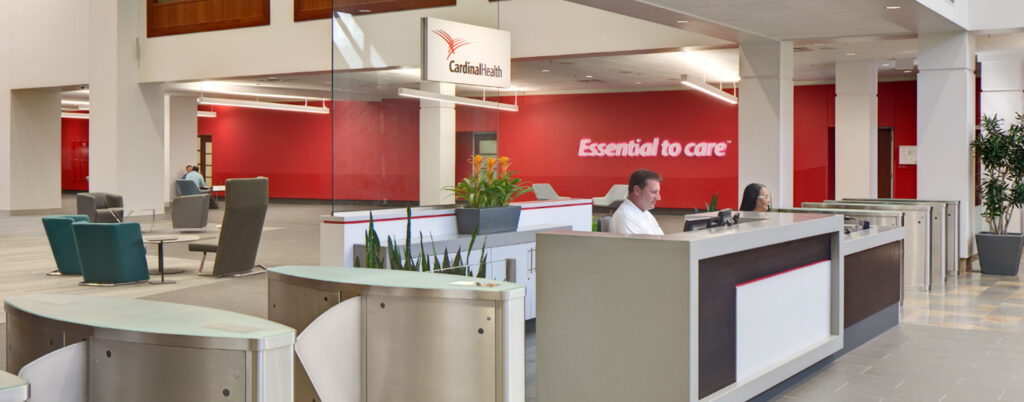
Cardinal Health will require its salaried employees, office-based staff, sales team, and employees who need to travel for business to get the vaccine by Oct. 4, according to a memo seen by a local news station.
Centene (CNC)
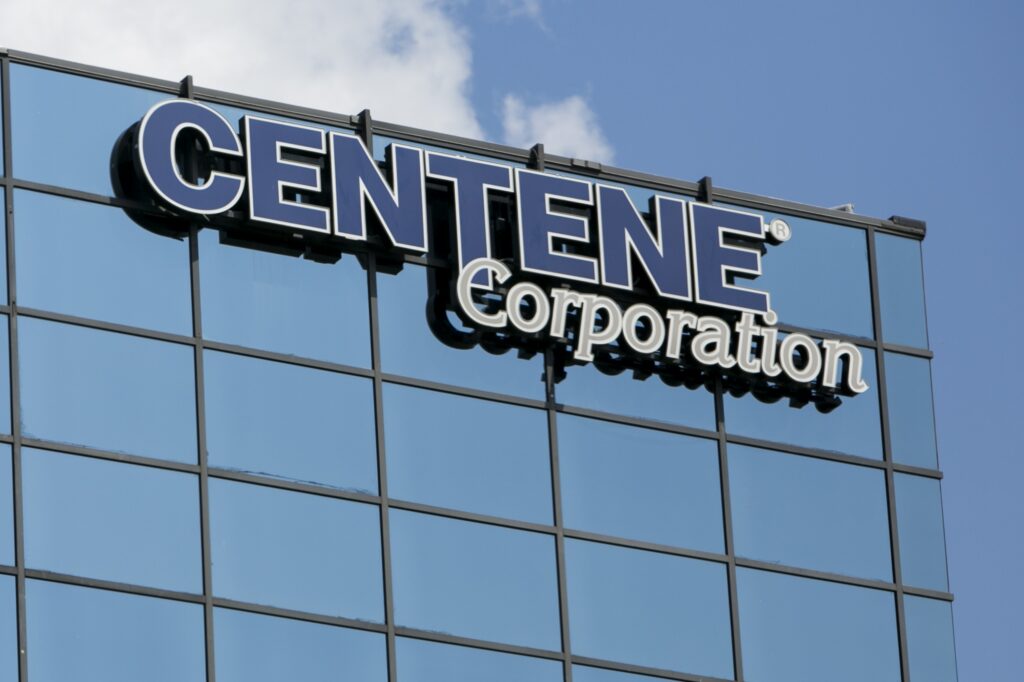
The company said in August that all its employees needed to provide proof of vaccination as soon as possible, and it will require vaccination for all its employees who interact with members. Those who don’t provide proof will be required to test regularly for COVID and wear masks within its company offices. Starting at the beginning of October, all new employees as well as its essential business contractors and subcontractors will also need to show proof of vaccination in order to enter its offices. The company also delayed the first phase of its reopening a month, to Oct. 18.
Chevron (CVX)

The company will require expatriate employees, staffers who travel internationally, U.S.-flagged ship employees and some Gulf of Mexico employees to get a vaccine, the company told the Wall Street Journal.
Cisco Systems (CSCO)
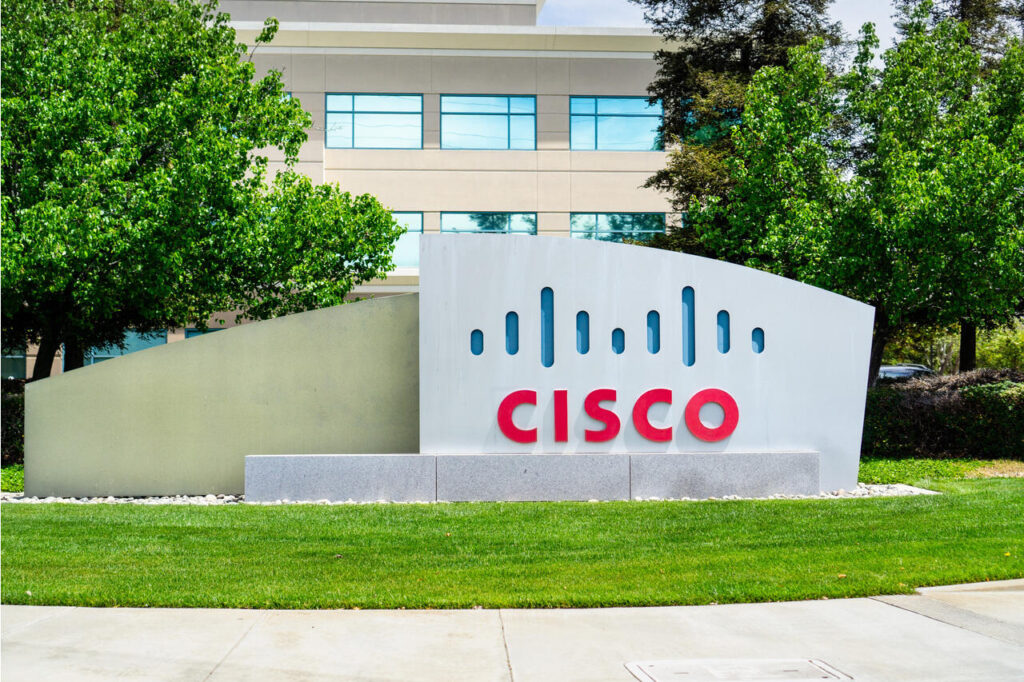
The tech and telecoms conglomerate is only allowing vaccinated “critical workers” to come in to the office, and is pursuing a fully hybrid approach. “Whether that means you work five days a week at home and gather with your team for activities and connection every once in a while, or you are in the office five days a week … every Cisco employee will be hybrid,” Francine Katsoudas, executive vice president and chief people, policy and purpose officer, wrote in a memo to employees last week.
Citigroup (C)
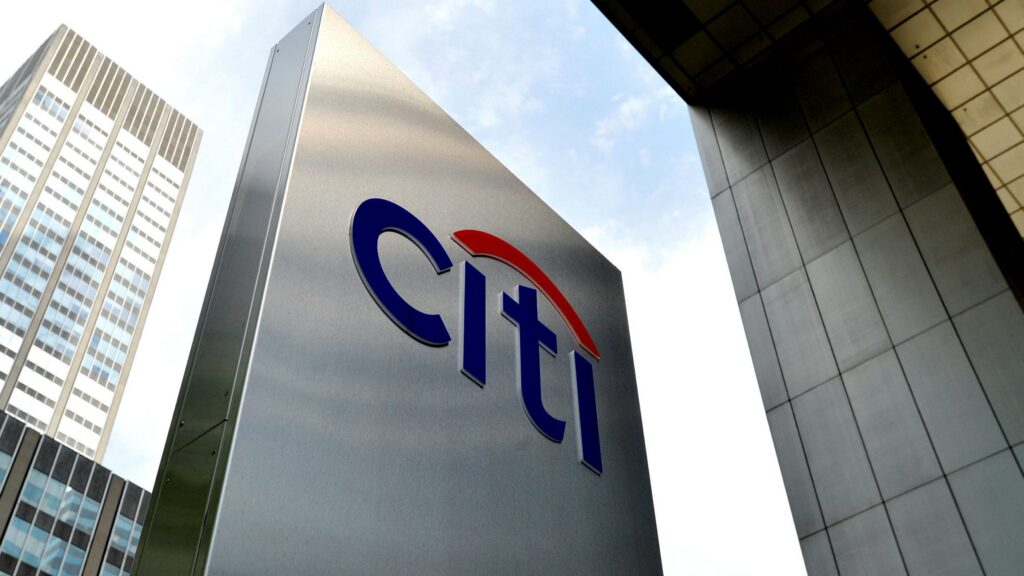
Citing the delta variant, the bank announced on Aug. 11 that employees will need to get vaccinated before returning to its offices, according to a LinkedIn post from Sara Wechter, the bank’s head of human resources.
Employees at offices in the New York area, Chicago, Boston, Washington, D.C., and Philadelphia, “will be expected to return at least two days a week and vaccination is required” starting Sept. 13, Wechter said.
CNN (T)
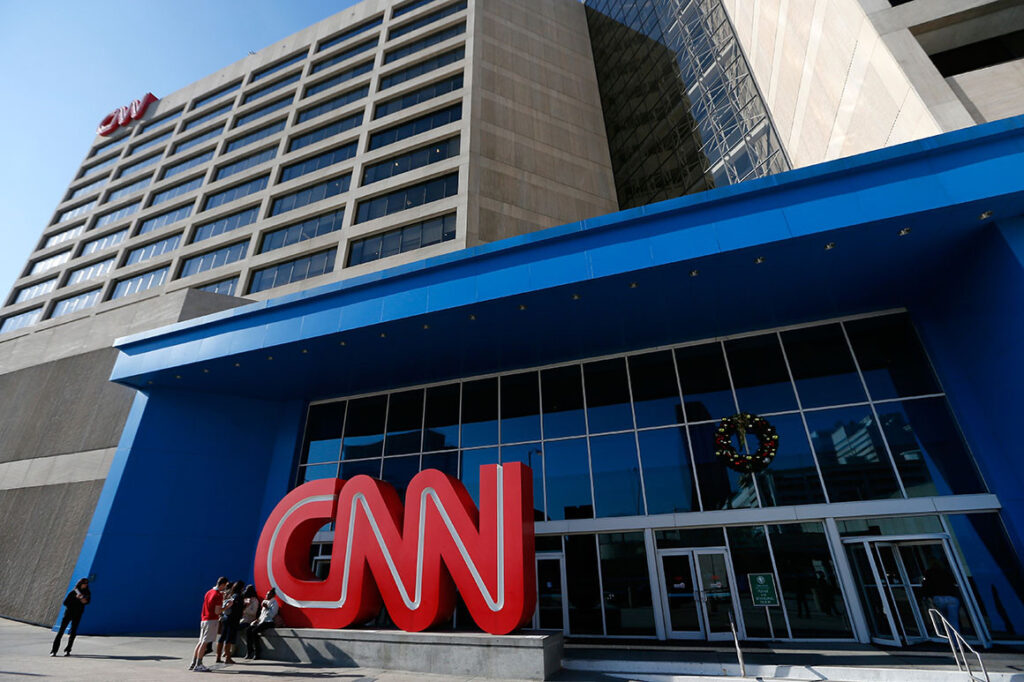
The news network is permitting only vaccinated employees to return to its U.S. offices, according to the New York Times. It fired three of its employees earlier this month for violating its policy.
Costco (COST)

The railroad service is requiring all of its 17,500 employees to be fully vaccinated by Nov. 1 or submit to weekly Covid testing, CEO Bill Flynn wrote in a note to employees. Starting Oct. 4, all new hires will also be required to get vaccinated against the virus. “COVID-19 vaccines are safe, effective and lifesaving,” Flynn wrote. “They are proving effective against the current surge of variants, especially at preventing severe disease, hospitalization and death. Vaccines are a critical tool to bring the pandemic under control.”
Cox Communications
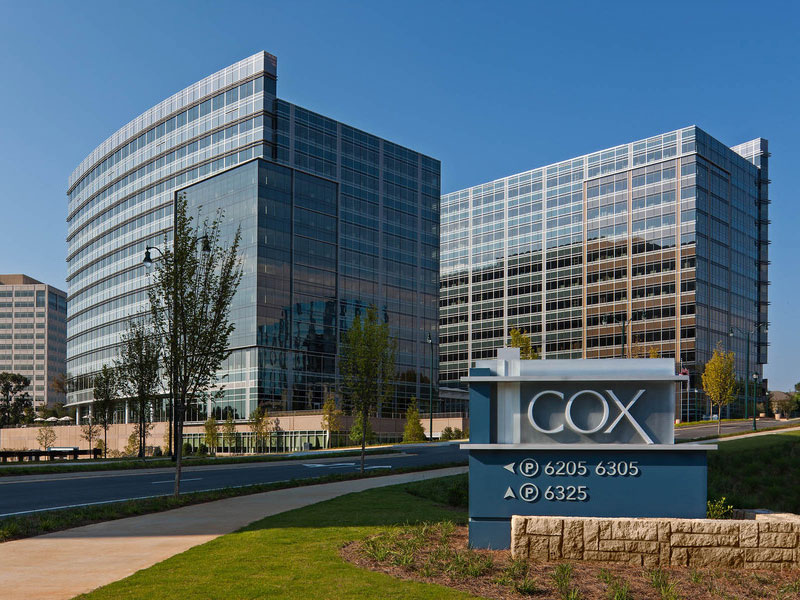
The company is mandating that employees in some of its locations receive the vaccine prior to Oct. 18, according to the Wichita Eagle.
CVS Health (CVS)
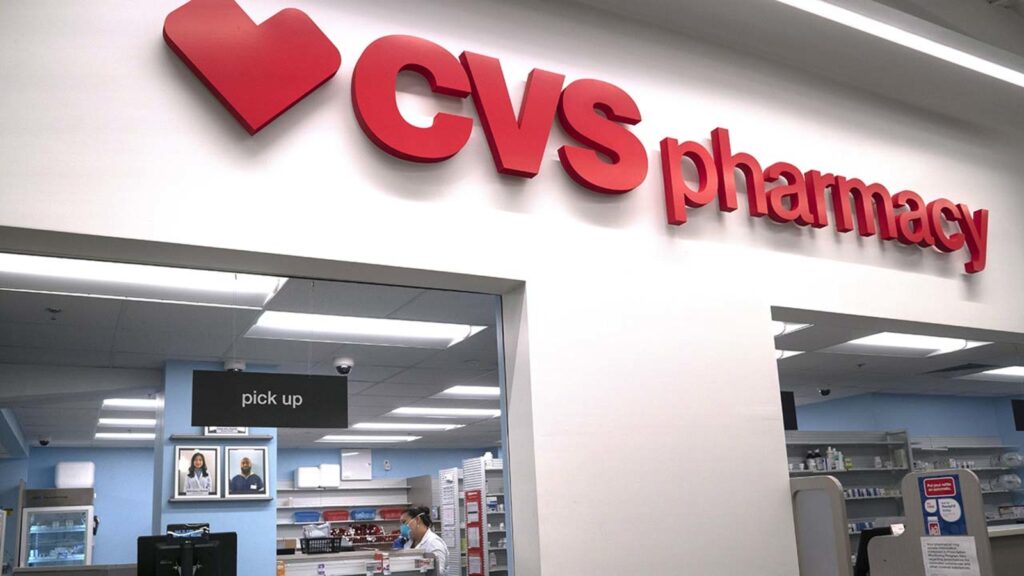
CVS said Aug. 23 it is requiring patient-facing and corporate employees to get their shot by Oct. 31, and new hires by Sept. 15. Although the health care giant is asking its pharmacists in retail stores to be fully vaccinated by Nov. 30, it did not mention the same for retail associates, adding that “Other roles at CVS Health are under review and may be added based on updated data and public health guidance.”
Deloitte

The professional services firm is requiring employees who enter its facilities to be fully vaccinated by Oct. 11.
Delta Airlines (DAL)
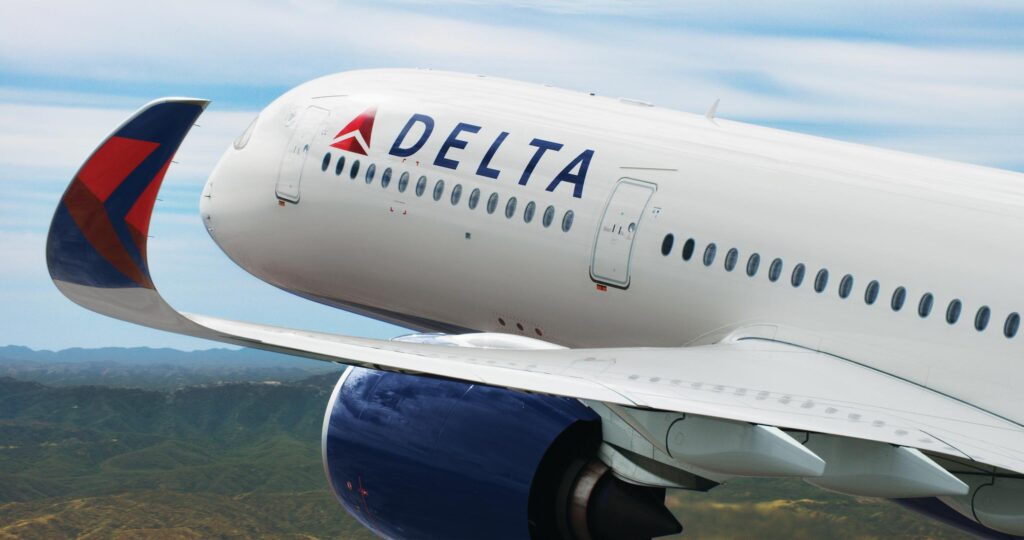
The airline announced in May it would be requiring all new U.S. hires to be vaccinated against the coronavirus effective May 17. “This is an important move to protect Delta’s people and customers, ensuring the airline can safely operate as demand returns and as it accelerates through recovery and into the future,” the company wrote, adding that it would not be “putting in place a company-wide mandate to require current employees to be vaccinated.”
DoorDash (DASH)
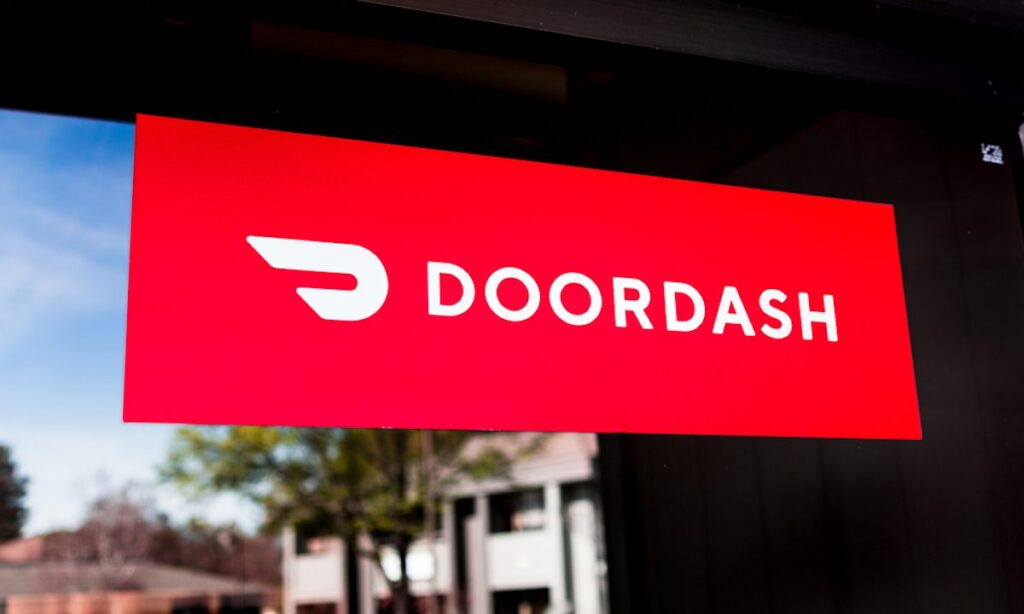
Although the food delivery service’s corporate employees are not required to come back in to the office until January, those who voluntarily do so before then must show proof of vaccination, the company said.
Eli Lilly and Company (LLY)
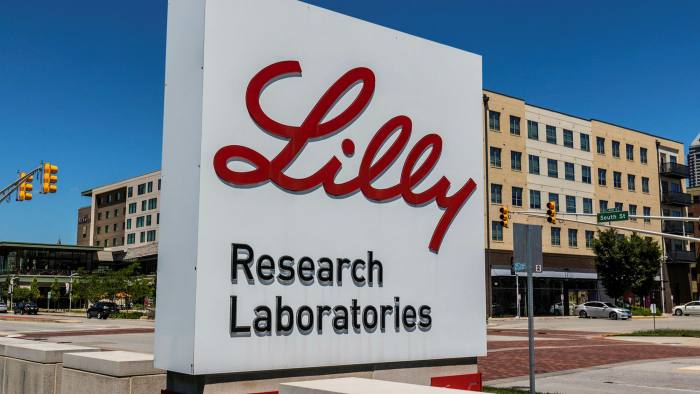
The company said it would require U.S. and Puerto Rico employees to be vaccinated before Nov. 15, according to a local news station. It will consider exemptions for medical or religious reasons.
Equinox (EQX)
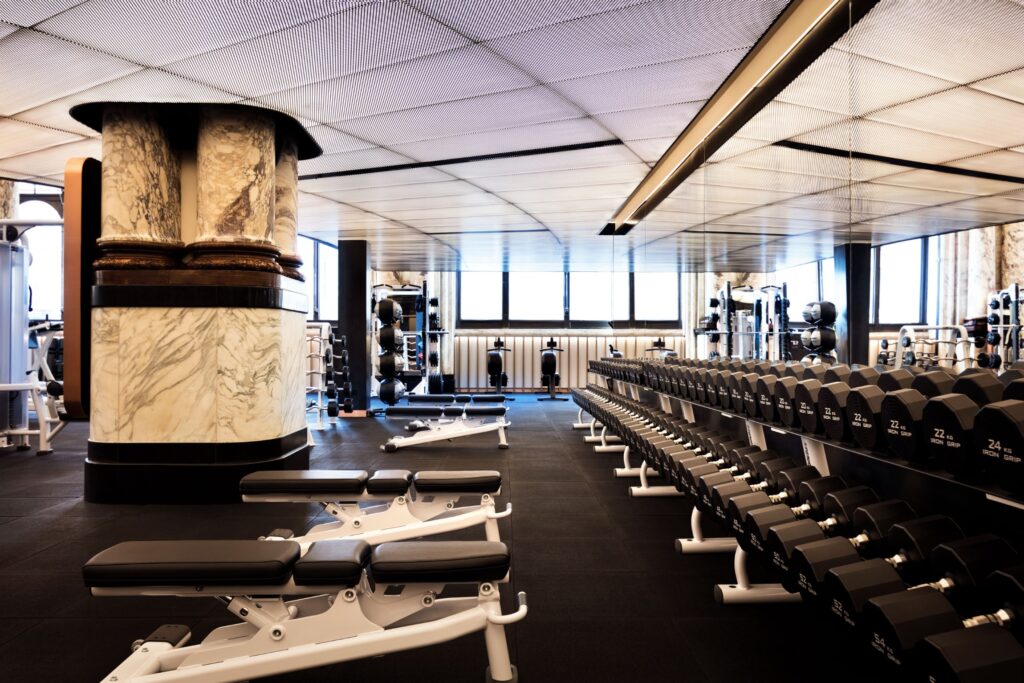
SoulCycle-owner and luxury fitness company Equinox announced Aug. 2 it will begin requiring members, riders and employees to provide a one-time proof of vaccination to enter its facilities and offices starting in New York City in September. “We have a responsibility to take bold action and respond to changing circumstances with urgency. We encourage other leading brands to join us in this effort to best protect our communities,” said Equinox Group Executive Chairman Harvey Spevak in a press release.
Facebook (FB)
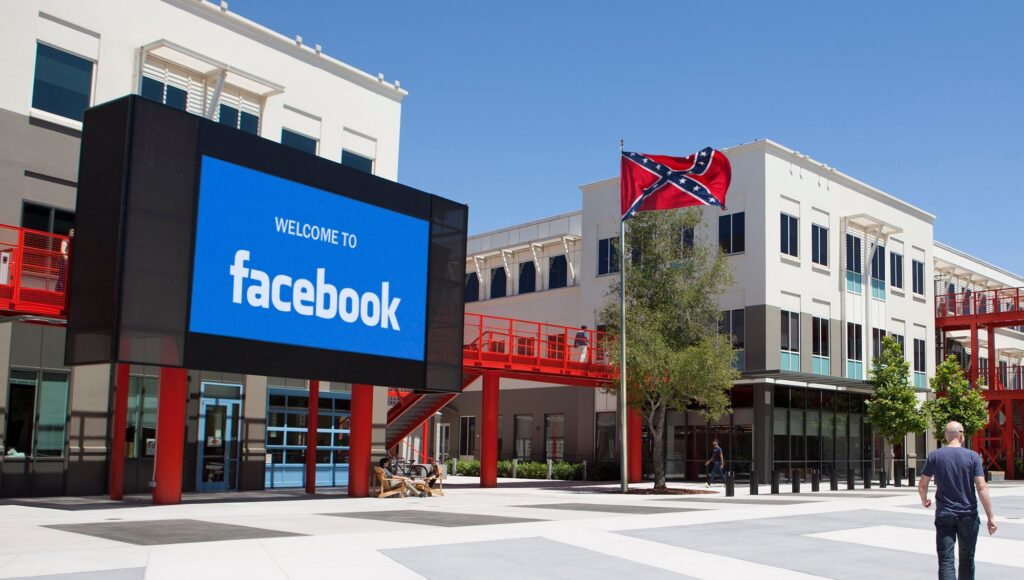
The social media giant announced Aug. 12 it is pushing back its return to the office until January 2022, citing ongoing concerns with the delta variant.
“Data, not dates, is what drives our approach for returning to the office,” the company said in a statement. “Given the recent health data showing rising Covid cases based on the delta variant, our teams in the U.S. will not be required to go back to the office until January 2022. We expect this to be the case for some countries outside of the US, as well.”
“As our offices reopen, we will be requiring anyone coming to work at any of our U.S. campuses to be vaccinated,” said Lori Goler, vice president, people, in an emailed statement to NBC News last week, prior to Thursday’s announcement. “How we implement this policy will depend on local conditions and regulations. We will have a process for those who cannot be vaccinated for medical or other reasons and will be evaluating our approach in other regions as the situation evolves.”
Ford (F)
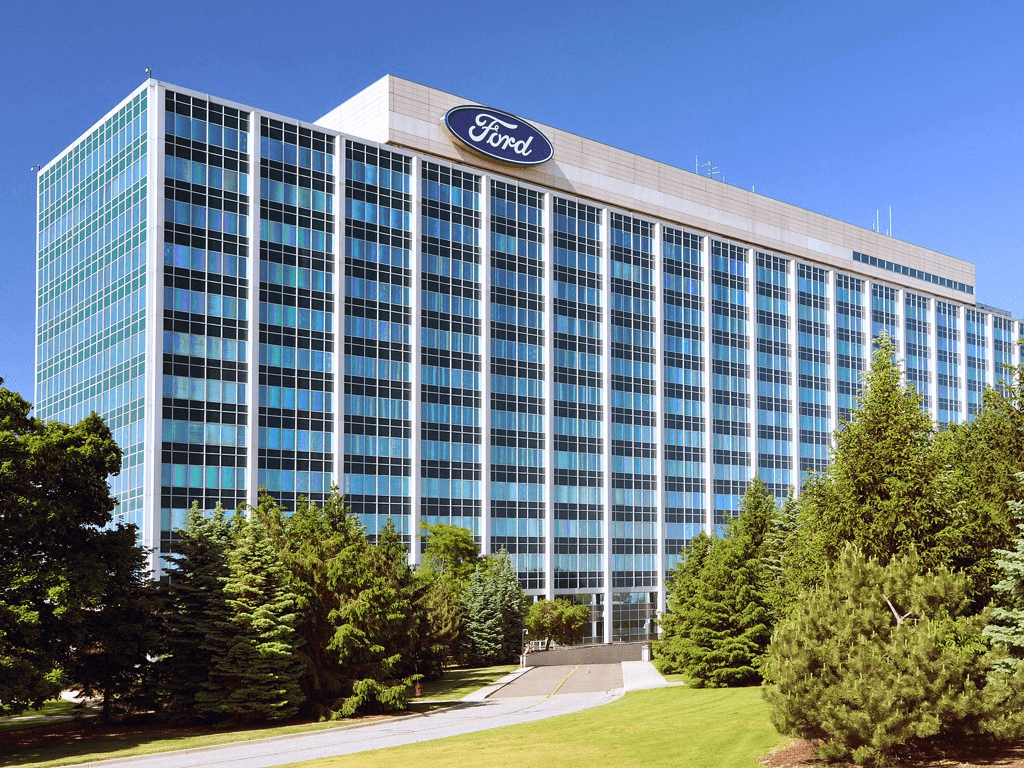
Car manufacturing titan Ford is requiring employees who partake in international business travel to be vaccinated, the company said in an emailed statement. It also said it is continuing “to strongly encourage all team members who are medically able to be vaccinated.”
The United Auto Workers labor union said Aug. 3 it would be reinstating a mask mandate at all of its facilities nationwide.
Frontier Airlines (ULCC)
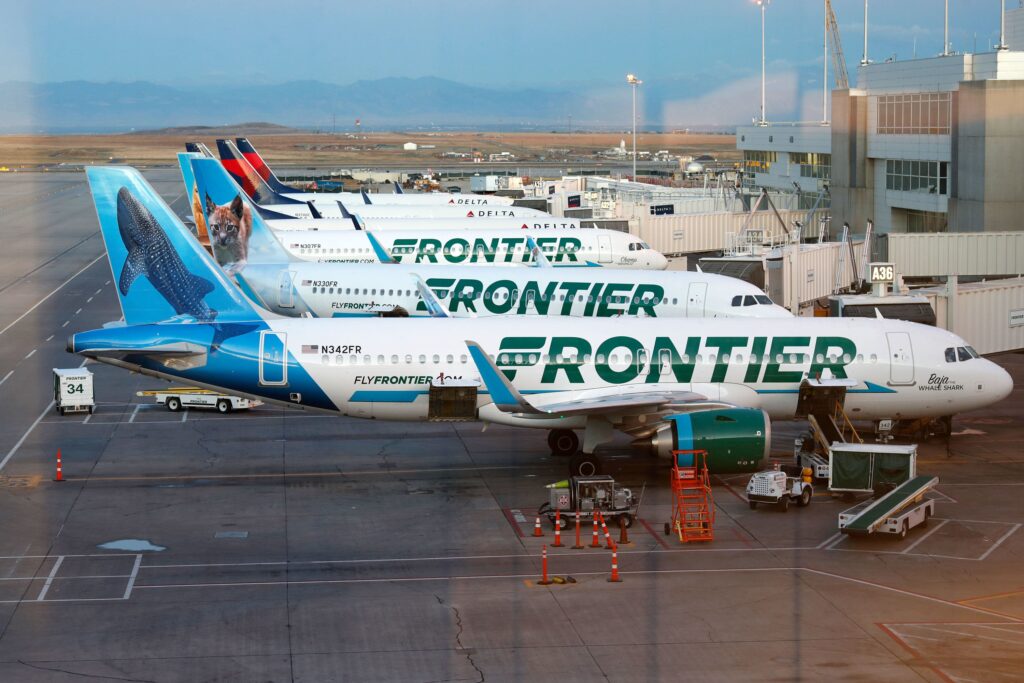
Frontier Airlines will require employees to be fully vaccinated and present proof by Oct. 1. Employees who cannot get vaccinated or refuse to will be required to provide negative coronavirus test results regularly.
Goldman Sachs (GS)
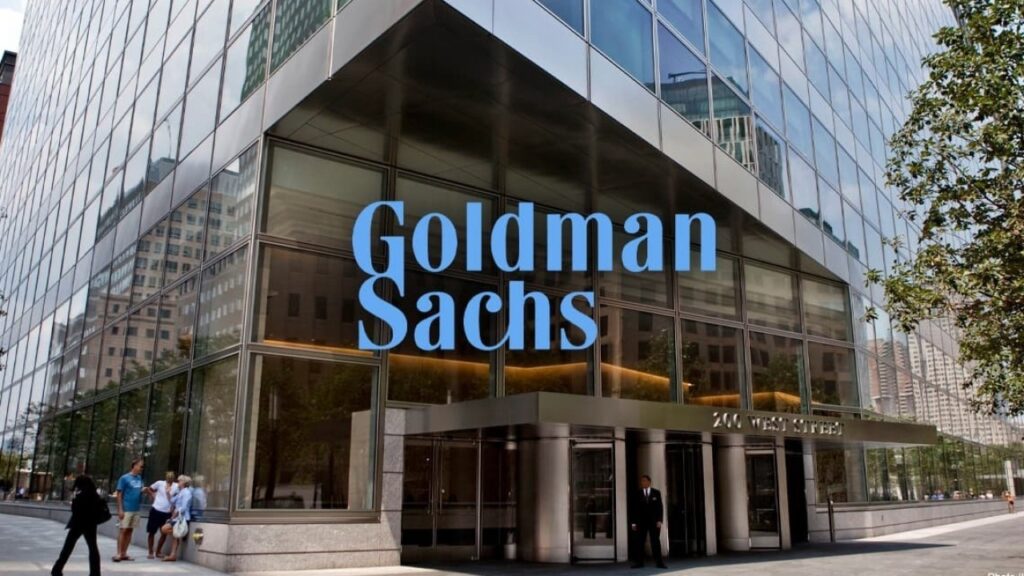
Starting Sept. 7, the investment bank is requiring all individuals who enter its offices, including clients and visitors, to be fully vaccinated against the coronavirus. Fully vaccinated employees will also be required to wear masks in certain areas and undergo weekly testing. Employees who do not get their shot by the September deadline will be expected to continue working from home.
Google (GOOG) (GOOGL)
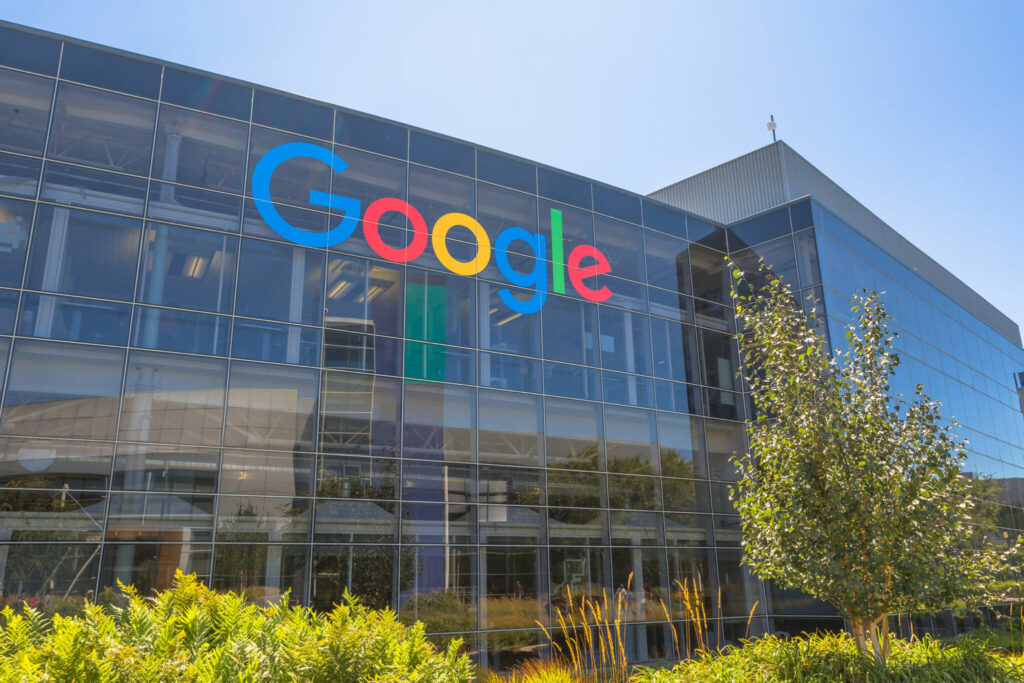
On July 28, Google became the first major tech company to announce a vaccine mandate for its employees looking to return to the office later this fall. “Anyone coming to work on our campuses will need to be vaccinated. We’re rolling this policy out in the U.S. in the coming weeks and will expand to other regions in the coming months,” Google CEO Sundar Pichai wrote in a memo. Pichai also announced that the company is pushing its return-to-office date back to October.
Hawaiian Airlines (HA)
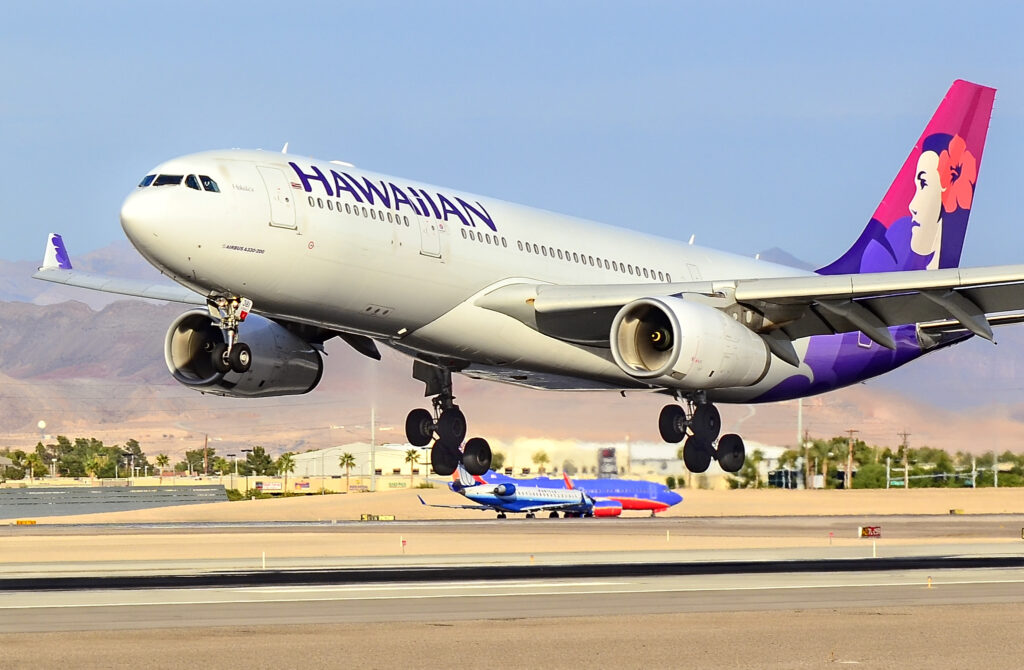
Employees will be required to get a vaccine before Nov. 1, according to a memo obtained by Hawaii News Now. Employees can apply for exemptions and be subject to regular COVID testing. The airline would work on a program for its international employees, it said.
Hess (HES)

All the company’s U.S. offshore workers will need to be vaccinated before Nov. 1, per Bloomberg.
Hollywood Workers

Producers may require all their cast and crew members be fully vaccinated if they are working in close proximity to actors. Mandates will be on a case-by-case basis.
Jefferies Financial Group (JEF)
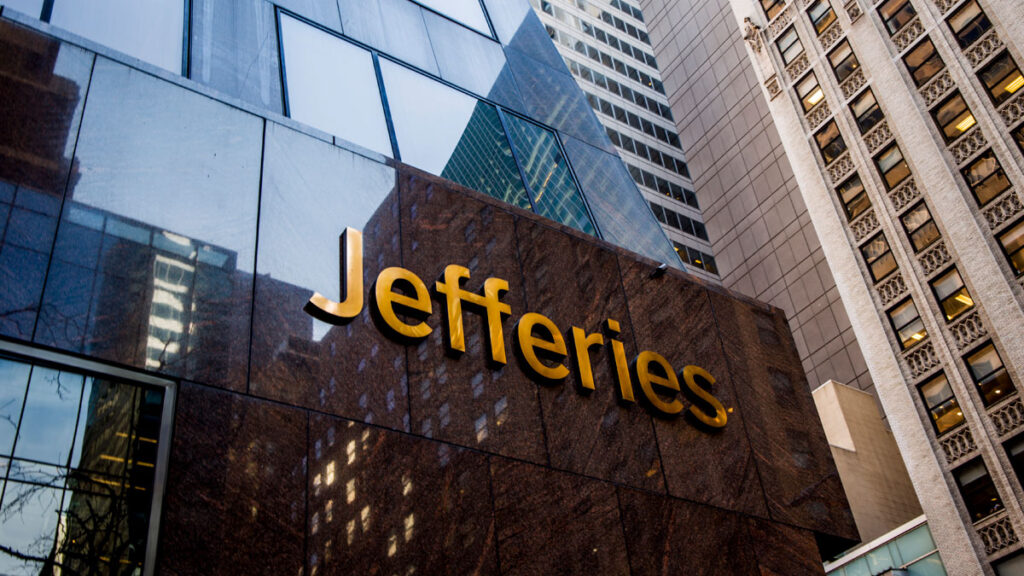
Financial giant Jefferies will only allow vaccinated individuals into its offices and to outside company events, according to a memo from CEO Rich Handler and President Brian Friedman. “We require that, after Labor Day, anyone who is not fully vaccinated should continue to work from home, which fortunately has proven to be highly effective. We will closely monitor the situation and be ready to pivot and adapt whenever needed,” the two leaders wrote in their joint letter.
Johnson & Johnson (JNJ)
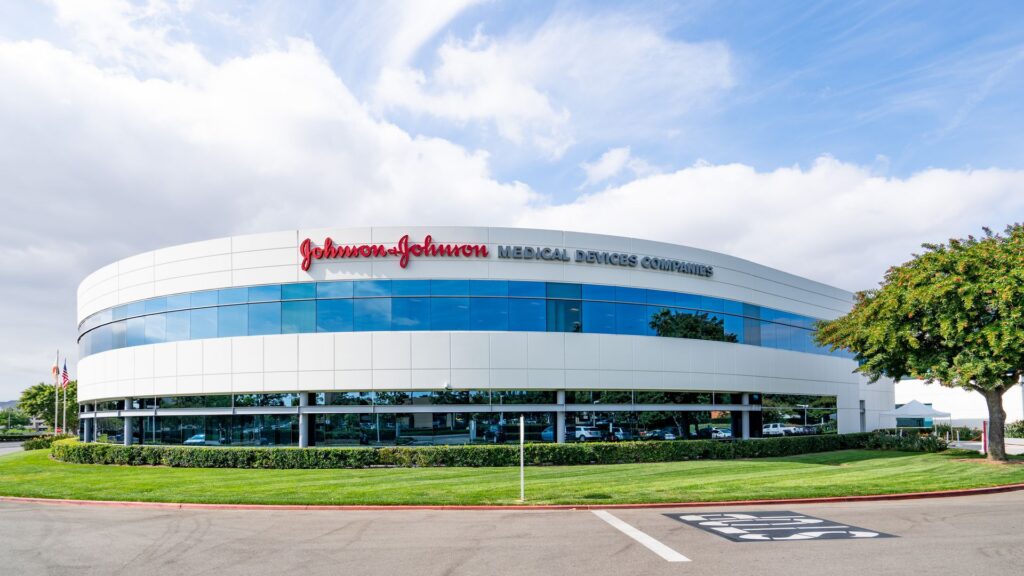
The company will require that its U.S. employees and contractors be fully vaccinated before Oct. 4, according to Fierce Pharma. It will make exceptions for people with medical conditions or other reasons.
Kraft Heinz (KHC)
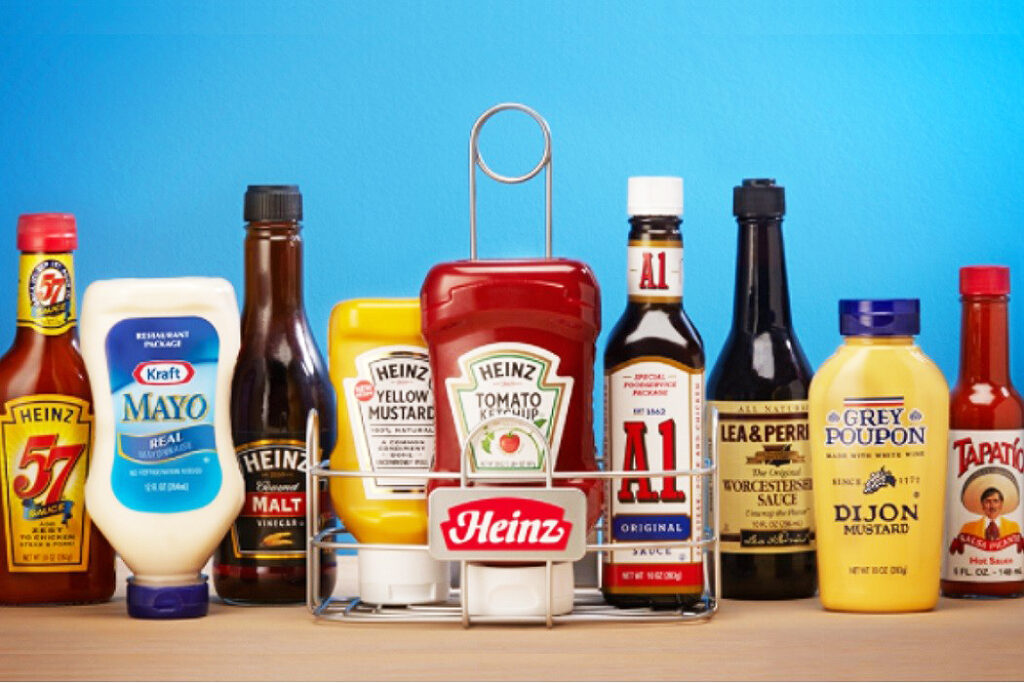
All employees will need to be vaccinated before returning to U.S. offices in January, per Reuters. There may be exemptions for staffers regarding health or religious reasons. The company plans to reopen some of its offices to vaccinated employees who want to work there in September.
Lyft (LYFT)
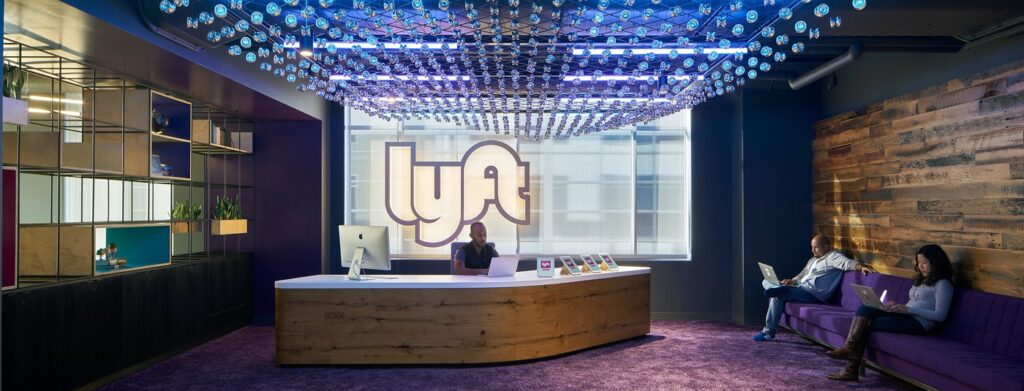
Starting Aug. 2, corporate employees will be required to show proof of vaccination in order to enter offices, according to an internal note obtained by NBC News. “For those who choose to continue working from our offices — which will remain open — our current safety guidance remains in place, including our existing mask requirement and vaccine requirement going into effect August 2,” said CEO and co-founder Logan Green. Green also announced that the company is delaying its full return to the office by six months, until February.
McDonalds (MCD)
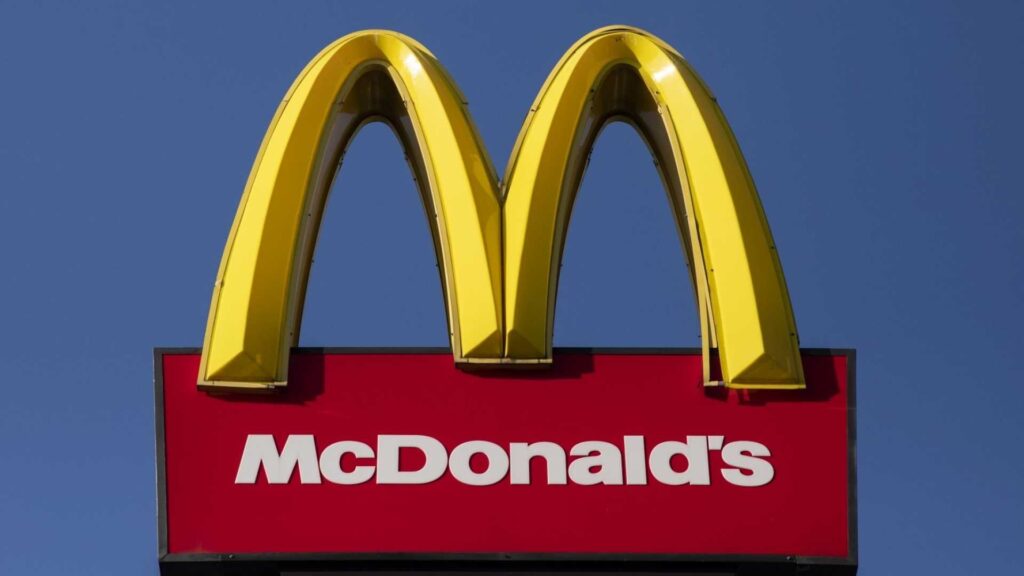
The fast food chain is requiring all U.S.-based office workers and visitors to be vaccinated by Sept. 27, according to an internal note on Aug. 11 obtained by NBC News. The company is also extending its official office re-opening date from Sept. 7 to Oct. 11 in order to give corporate employees more time to get their shot. The requirement does not apply to those who work in McDonald’s restaurants.
MGM Resorts International (MGM)
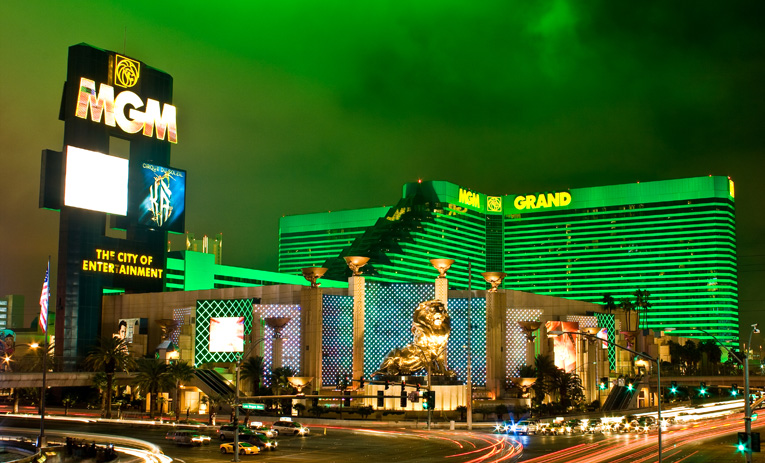
Hospitality chain MGM Resorts International asked salaried employees who are not exclusively working from home to get vaccinated by Oct. 15. All new hires who are not exclusively working from home must also get a shot, starting Aug. 30, according to an internal memo from CEO and president Bill Hornbuckle. Unvaccinated employees at the chain’s Las Vegas properties will continue to be subject to regular testing and required to pay either a $15 co-pay for on-site or obtain a test from elsewhere and report the results.
Microsoft (MSFT)

The employer of roughly 100,000 people in the United States said that starting in September, it will require proof of vaccination for its employees, as well as vendors and guests, to enter the office, according to the Seattle Times. The company will accommodate staffers with medical conditions or religious reasons for not getting vaccinated.
Moderna (MRNA)
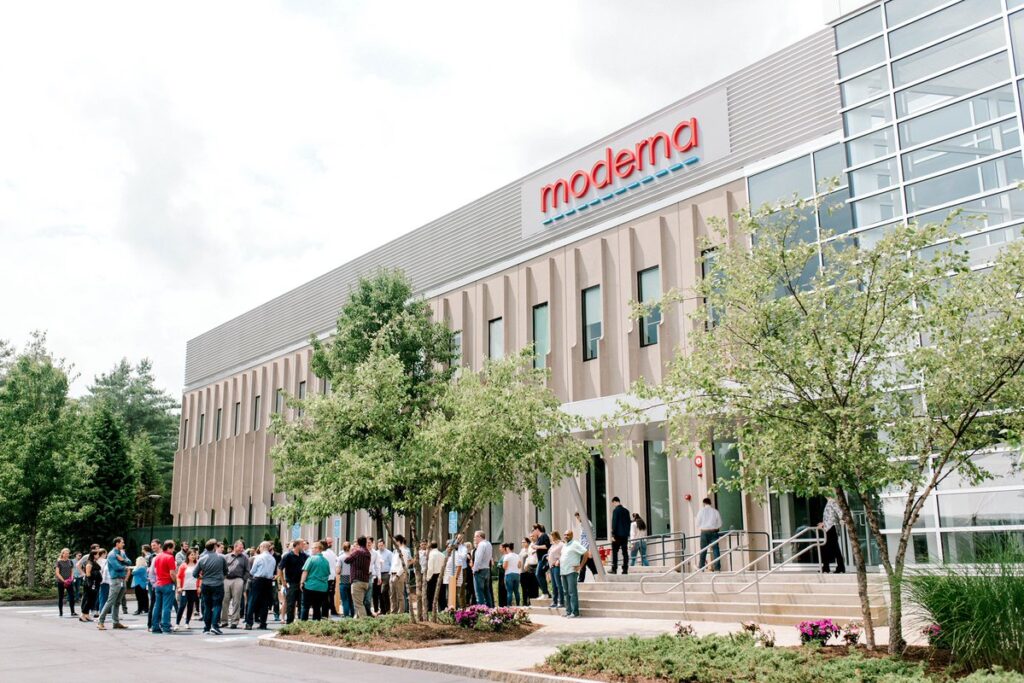
The company will require all its employees to receive a COVID vaccine before October, according to Reuters. It will make exemptions for staffers with medical or religious reasons.
Morgan Stanley (MS)
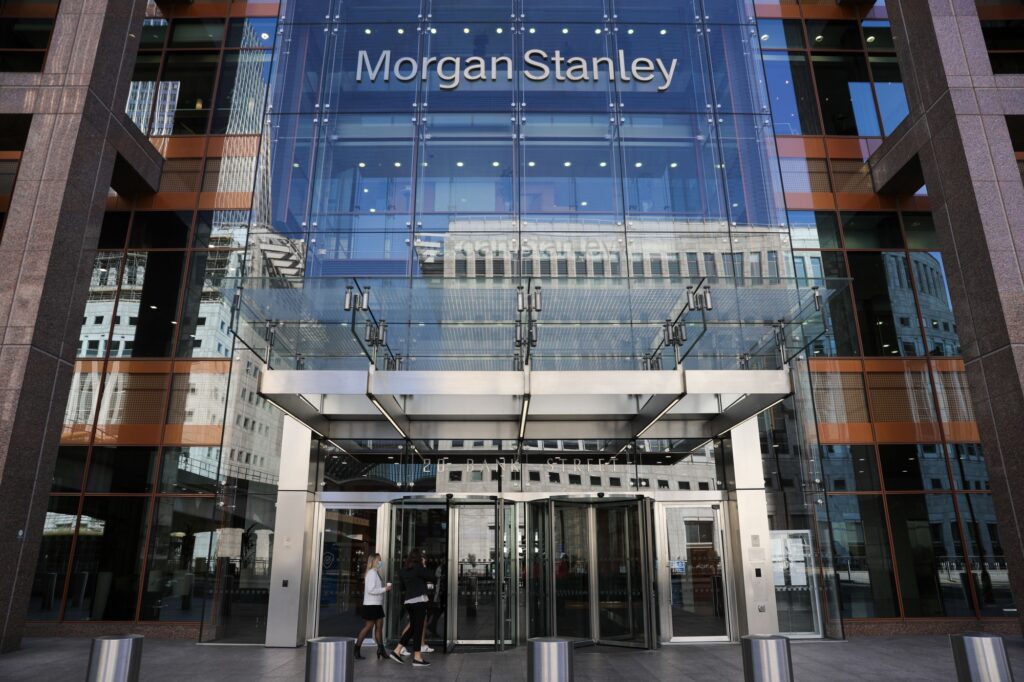
Only vaccinated employees are allowed in. The company began requiring its employees to show proof of vaccination to enter its New York offices in mid-July, according to a memo seen by the Financial Times. Those who refuse lose building access.
NBCUniversal (CMCSA)
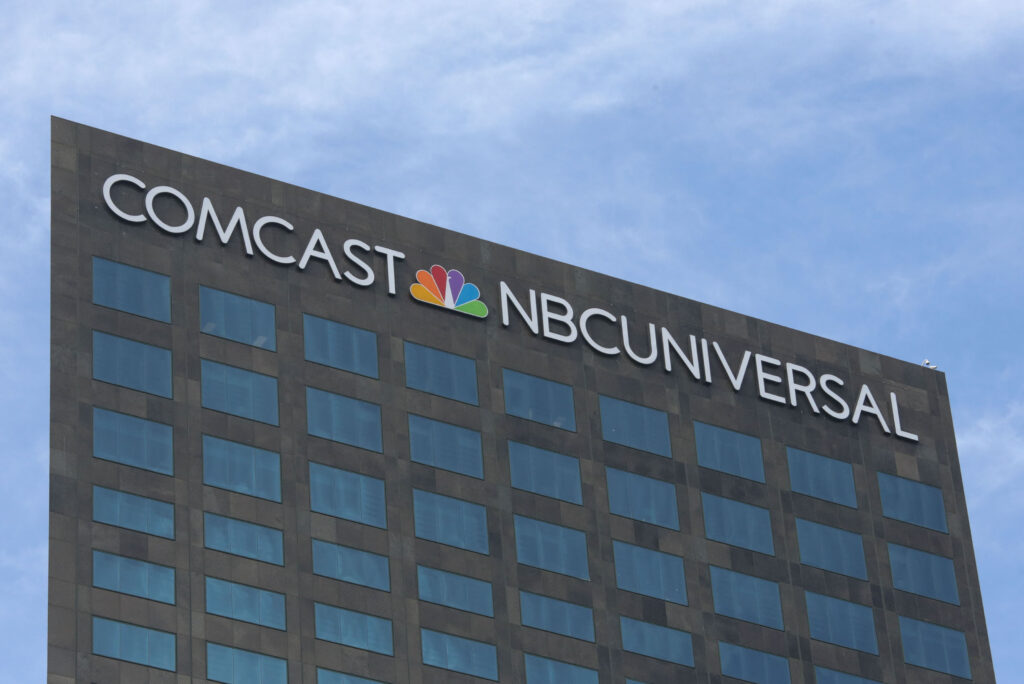
NBCUniversal is requiring U.S.-based workers returning to the office later this fall to be fully vaccinated, executive vice president Adam Miller told employees in an email on Aug. 11. Employees will also be required to provide details about their vaccination status. Miller told employees in another email on Sept. 14 that the company was delaying its full office reopening from Oct. 18 to January 2022, citing “the prevalence of the Delta variant and increasing number of breakthrough cases.”
Netflix (NFLX)
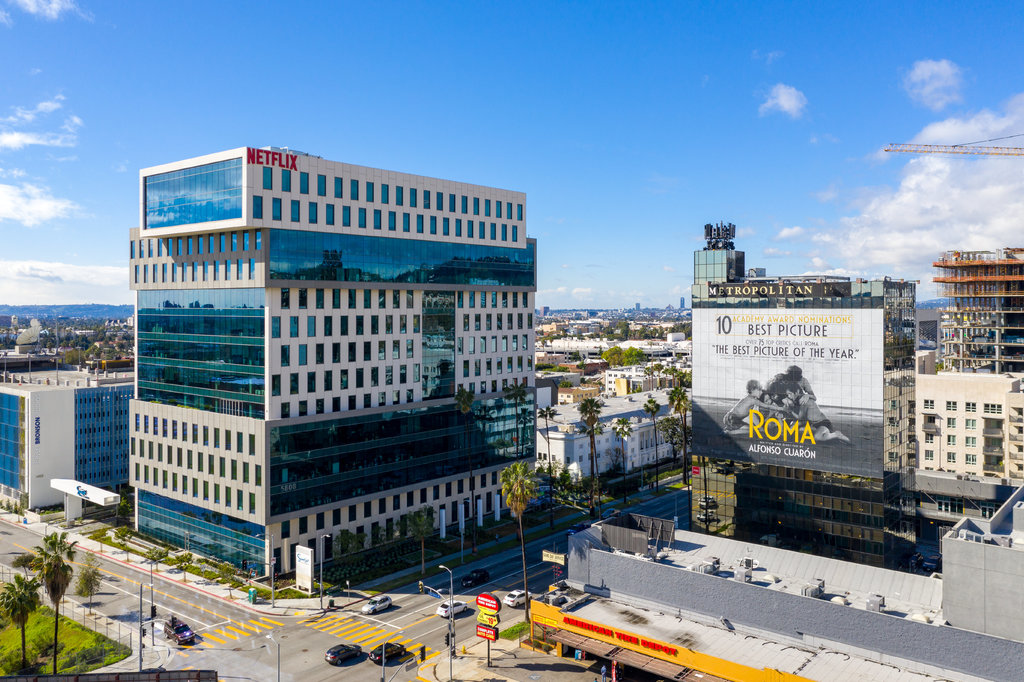
The streaming service will be requiring vaccinations for casts of all U.S. productions, as well as the individuals who work with them on set, the company confirmed to NBC News.
Northwestern Mutual (NWE)
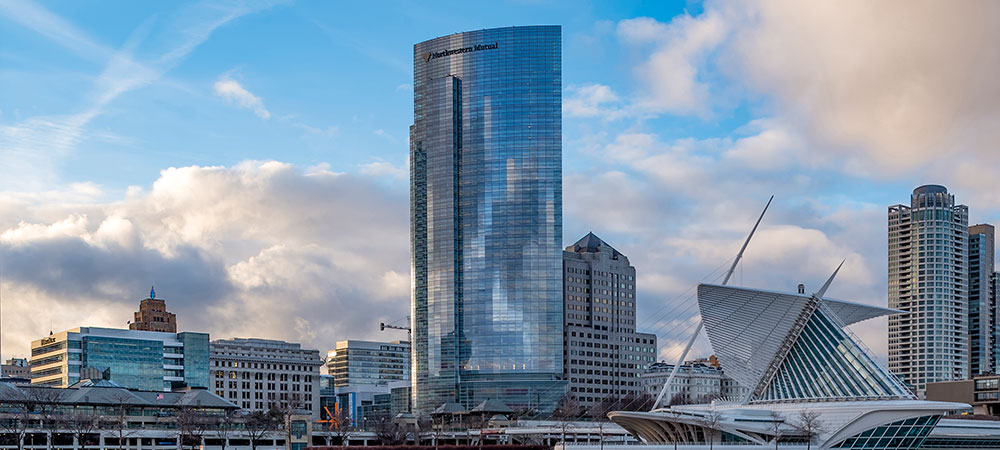
All employees or contractors who work at Northwestern Mutual offices will be required to show proof of vaccination, the company told a local news station.
The New York Times (NYT)
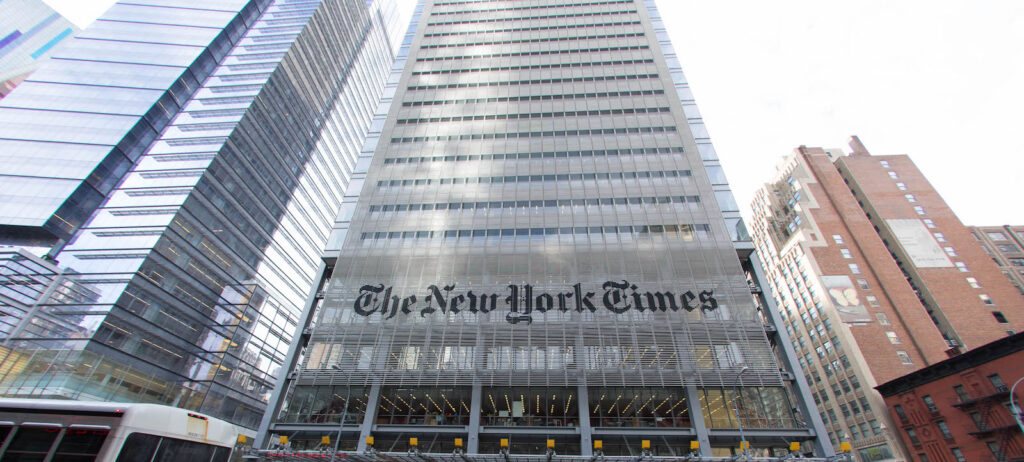
The New York Times Company CEO Meredith Kopit Levien told staff members via email that it will be requiring proof of vaccination for those who want to go into the office voluntarily. Levien also told employees that the publication would be pushing back its full office return from Sept. 7, without announcing a new set date.
Pfizer (PFE)
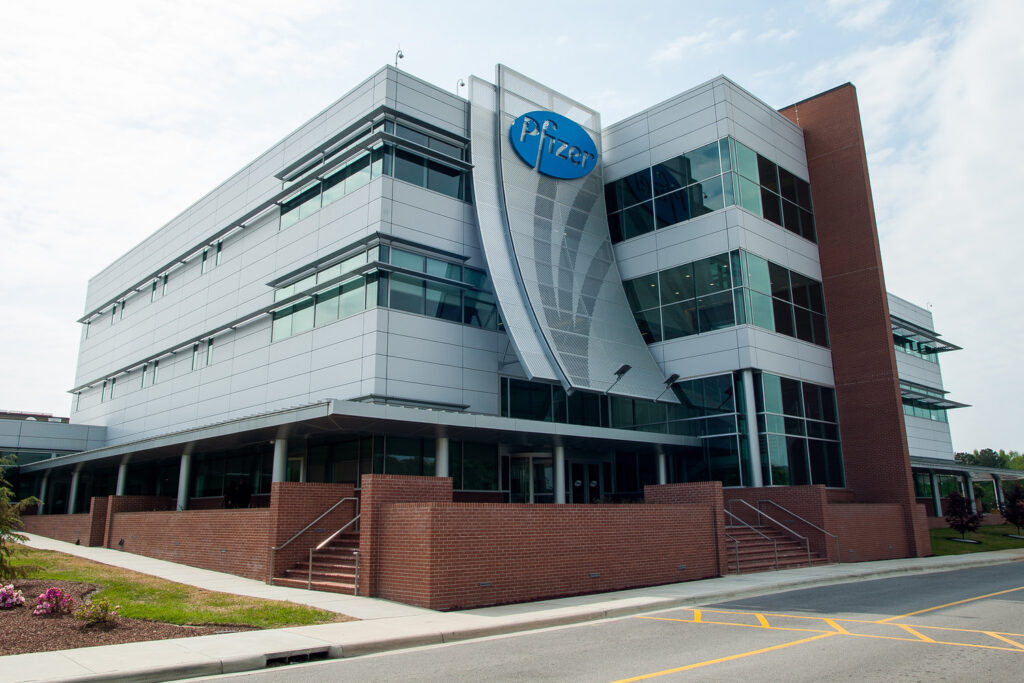
U.S. Employees will be required to get a vaccine or have to undergo weekly COVID testing, according to CNBC.
Royal Bank of Canada (RY)
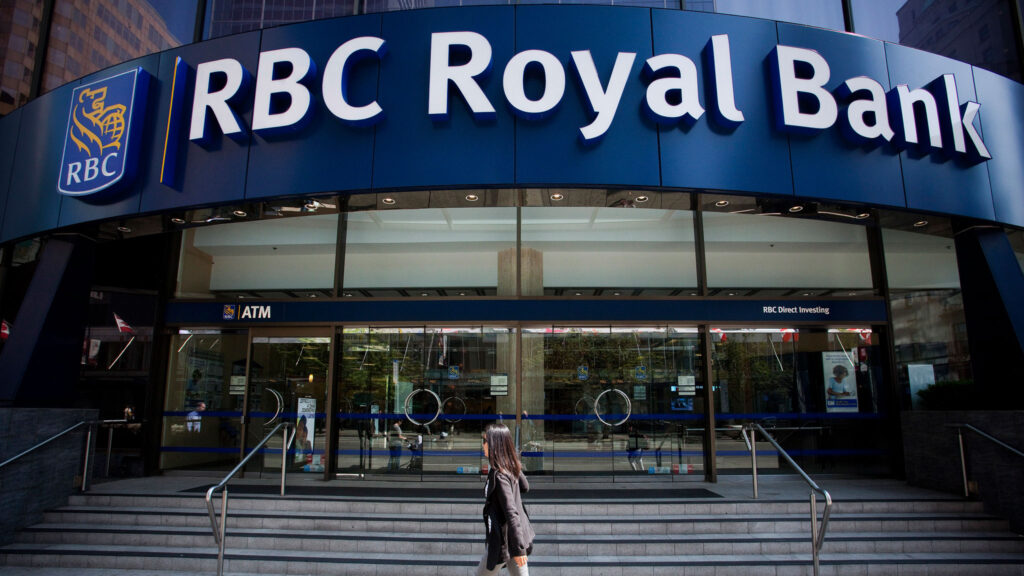
Starting Oct. 31, the company is requiring U.S. and Canadian employees to get the vaccine prior to working in its offices, branches, or buildings, according to the Globe and Mail.
Saks
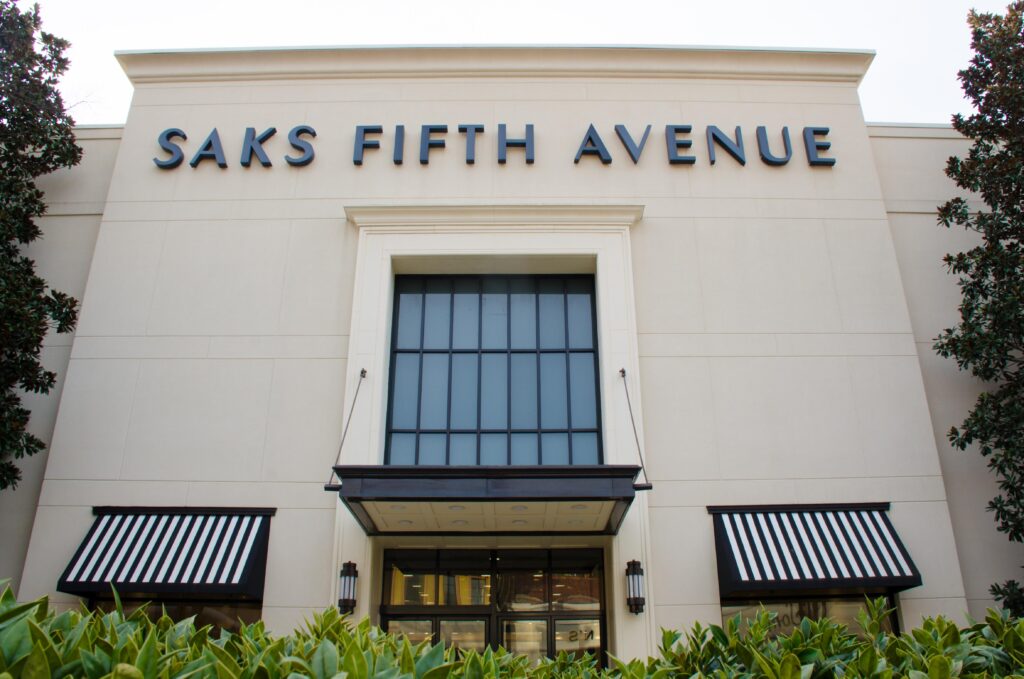
The fashion company said it is asking employees to get the vaccine before returning to the office this fall. “If we’re asking people to come back, we have to make the environment as safe as we possibly can,” CEO Marc Metrick told The New York Times in May.
Salesforce (CRM)
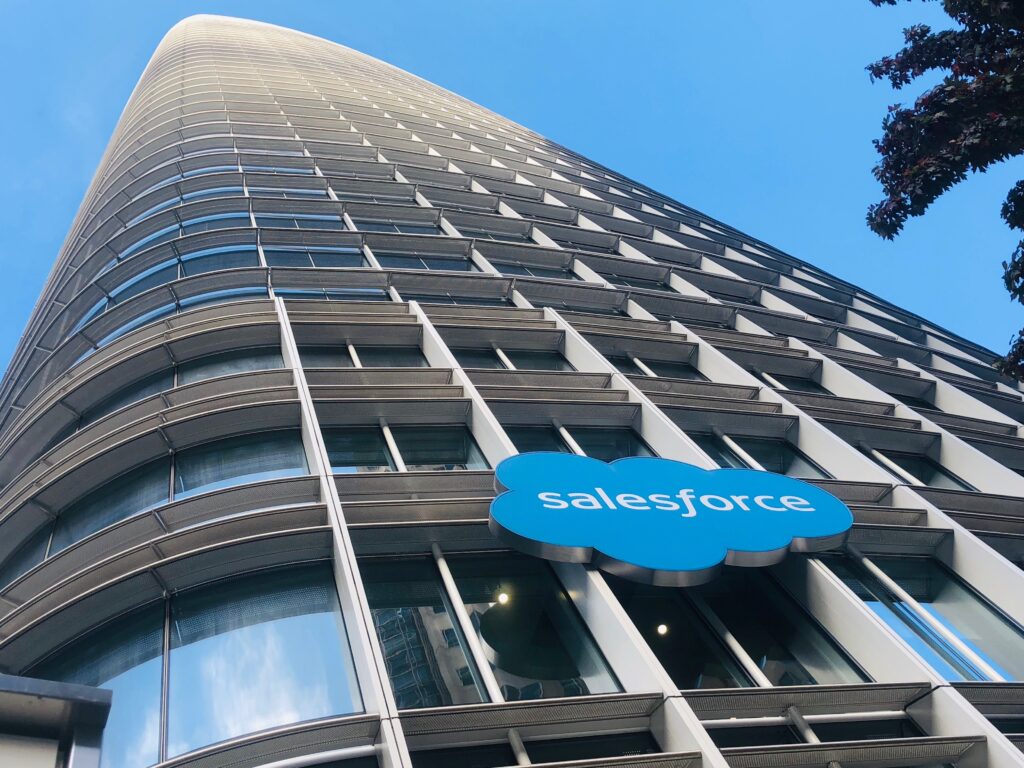
The customer-service software giant has only allowed vaccinated employees back to its offices as of May. All employees have the option to work from home until the end of the year.
TD Bank (TD)
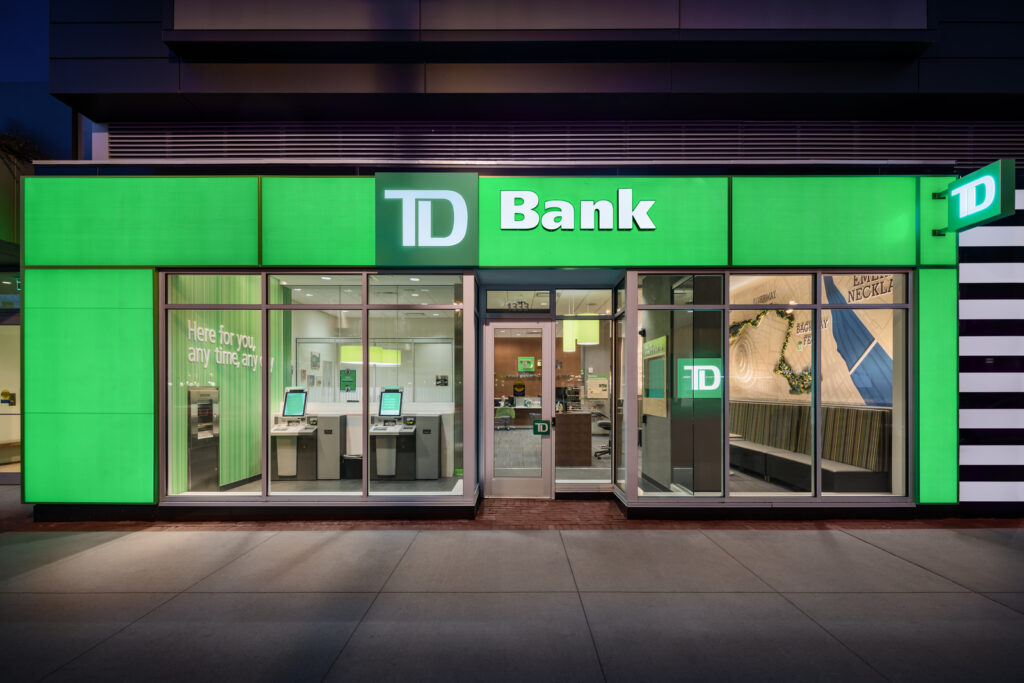
The company will require staffers to report their vaccination status to the bank by Sept. 30, according to a memo seen by Bloomberg. After Nov. 1, office employees must be vaccinated at all of its global offices.
TJX (TJX)
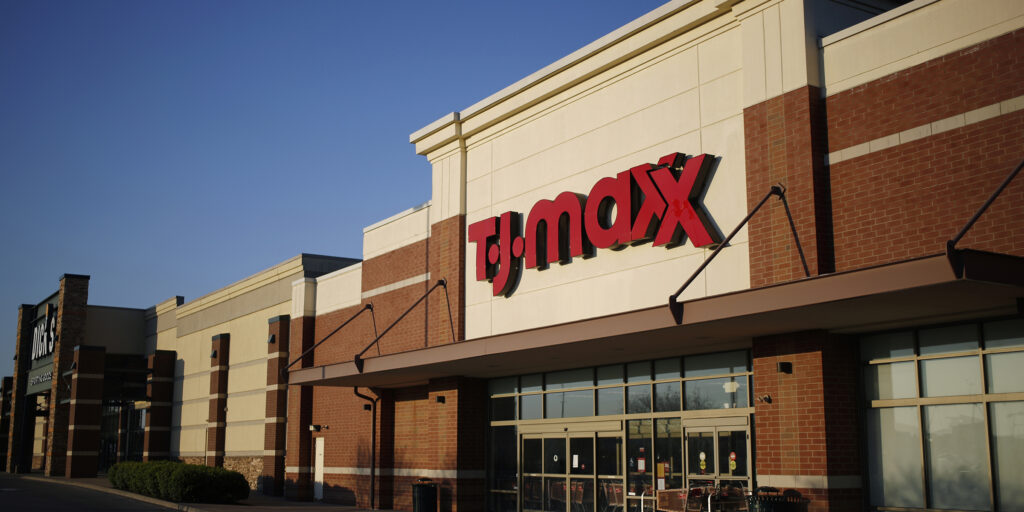
The parent company of off-price retailers like HomeGoods, Marshalls and T.J. Maxx is requiring its U.S. “Home and Regional Office Associates” to be fully vaccinated by Nov. 1 and “will provide accommodations for those who cannot get vaccinated due to qualified medical or religious reasons.” It is unclear whether the mandate includes employees at the company’s retail stores.
Twitter (TWTR)
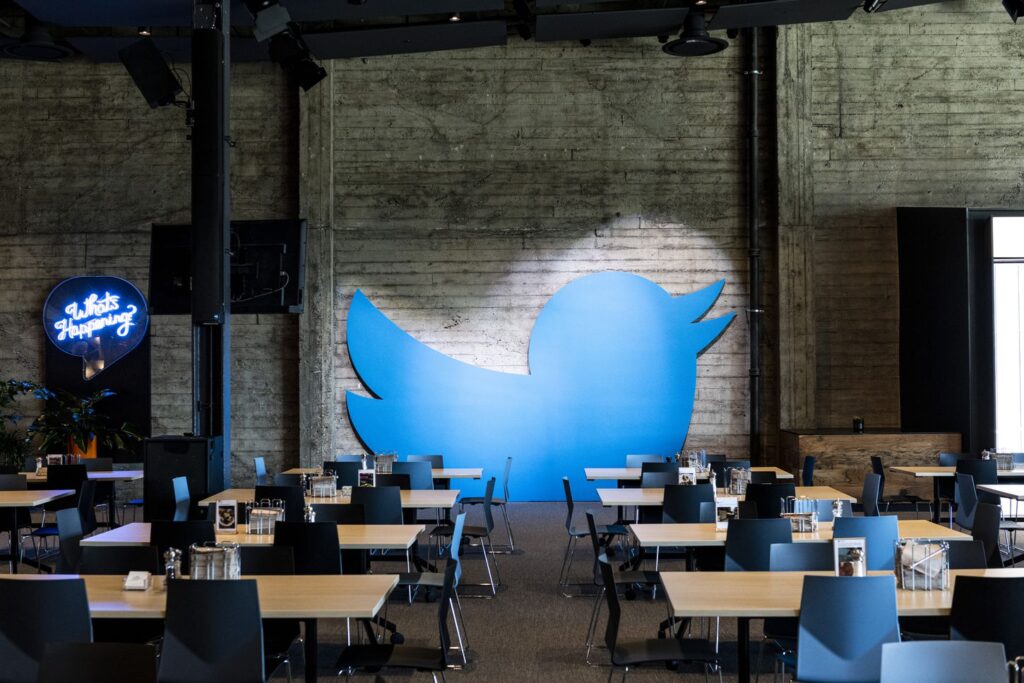
The social media giant required employees to be vaccinated and show proof of vaccination before voluntarily returning to the company’s San Francisco and New York offices, both of which reclosed last week. In May 2020, Twitter said employees could work from home for as long as they want.
Tyson Foods (TSN)
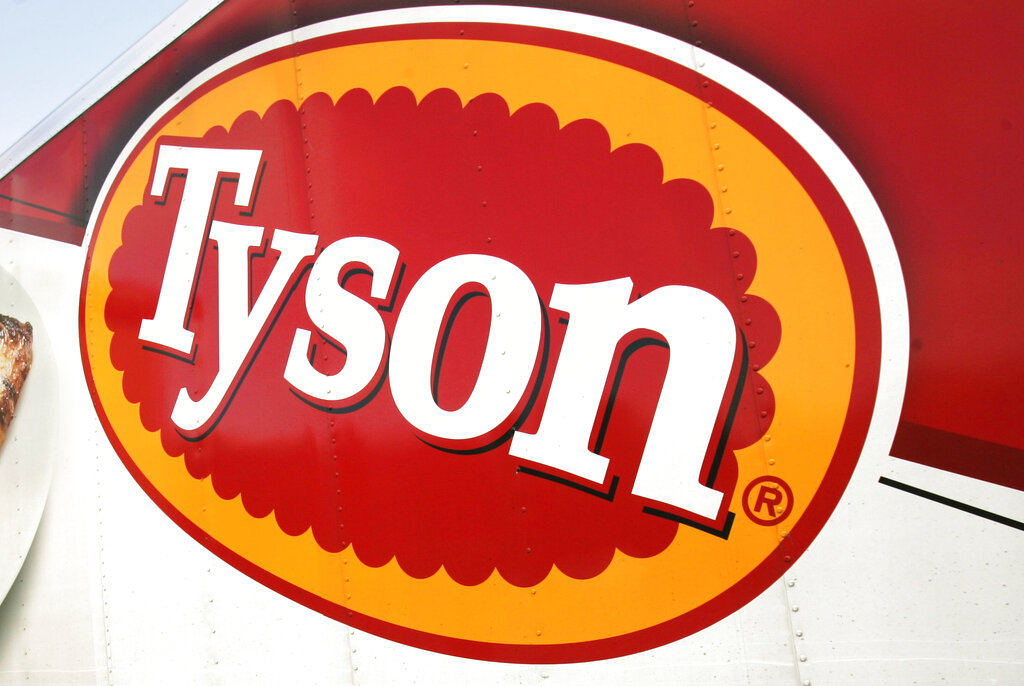
The meat and poultry producer announced on Aug. 3 that it is requiring its U.S. corporate workforce to be vaccinated by Oct. 1 and all other employees by Nov. 1, making it the largest U.S. food company to implement this kind of mandate. CEO Donnie King told employees that the company will also provide $200 to frontline team members who get the shot.
Uber Technologies (UBER)
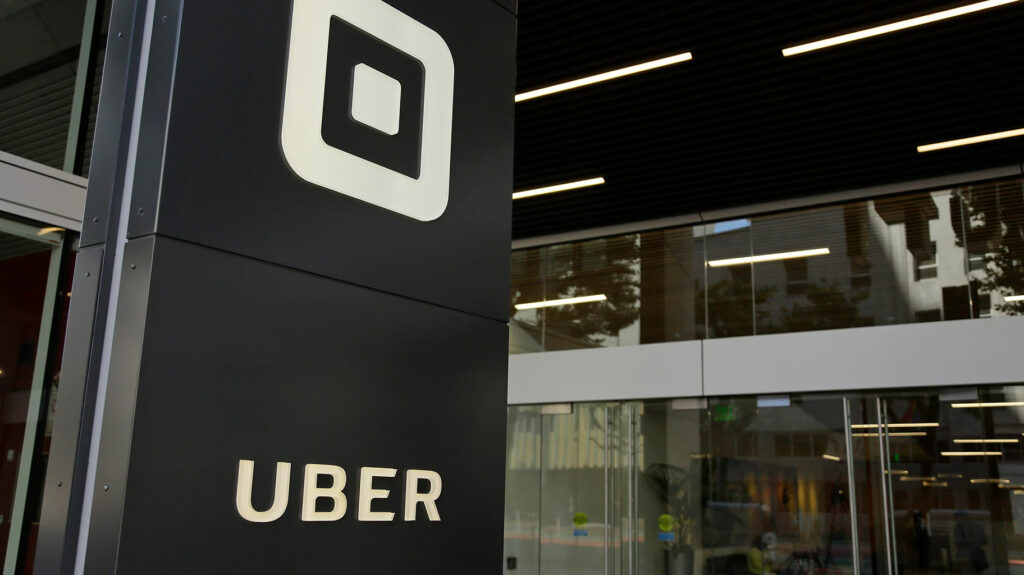
In an internal note obtained by NBC News, CEO Dara Khosrowshahi told employees that starting Aug. 2, they will now be required to be fully vaccinated in order to return to the office. “If you are not vaccinated, you’ll need to work from home until you are fully vaccinated,” he wrote. Khosrowshahi also shared the company’s new return to office date: Oct. 25, 2021. “It’s important to say that this date is a global target, and local circumstances will continue to dictate when it makes sense to bring employees back in a given city,” he wrote.
Union Square Hospitality Group (HUGS)
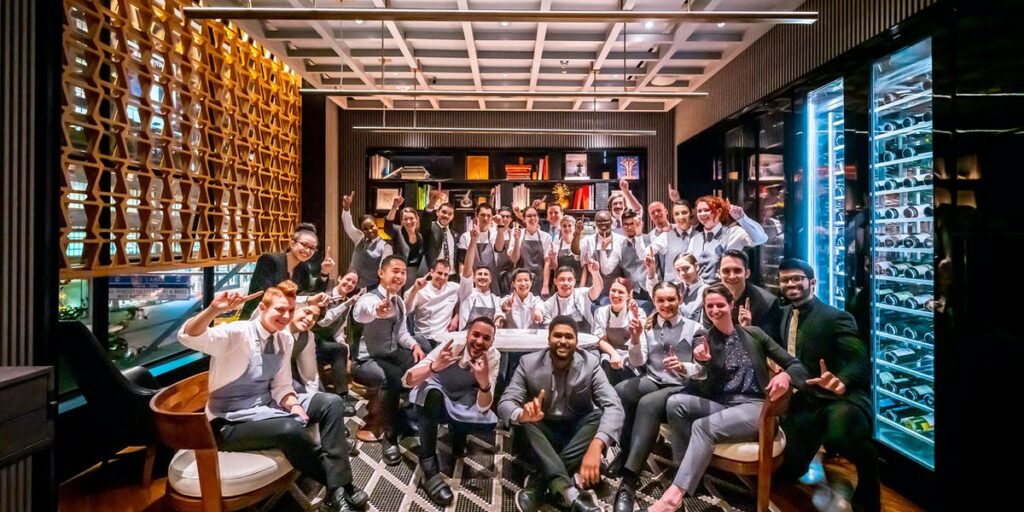
Union Square Hospitality Group, which operates restaurants in New York City and Washington, D.C., will require vaccinations for staff members and guests. “Beginning the day after Labor Day, we are going to require that 100 percent of our staff members be vaccinated and that any guest who wants to dine indoors will be vaccinated as well,” founder and CEO Danny Meyer told NBC News.
United Airlines (UAL)
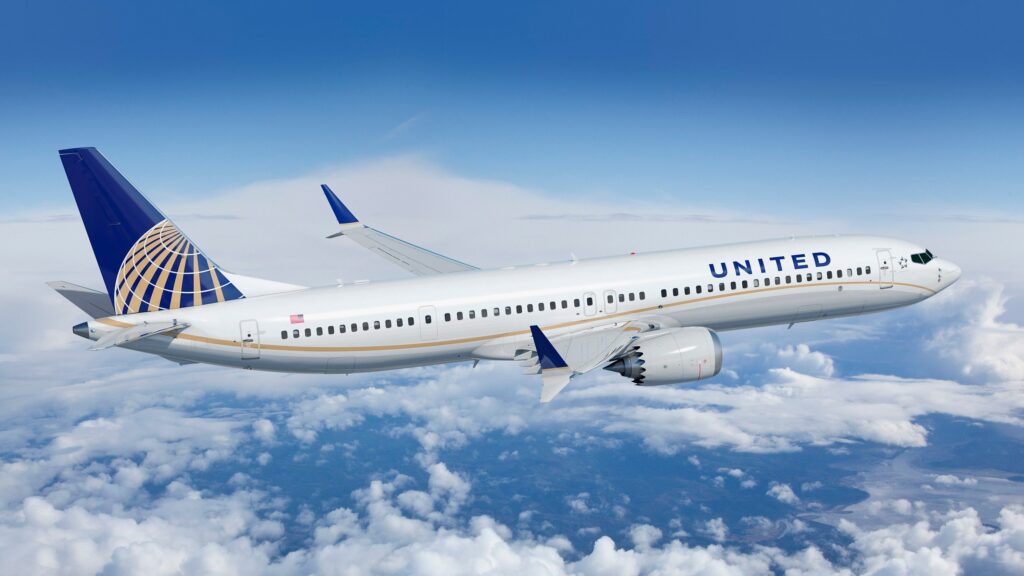
The air carrier is requiring all U.S.-based employees to get vaccinated — and provide proof of their vaccination — either five weeks after federal approval or by Oct. 25, whichever comes first, the company announced in a note to employees on Aug. 6. United previously only required the shot for new hires and is now the first major U.S. airline to implement a blanket policy for all employees. United CEO Scott Kirby said in January that he wanted to make Covid vaccines mandatory for employees.
UPS (UPS)

The carrier will require all its headquarters and office building employees to get a vaccine by Oct. 1. A vaccine isn’t required among its frontline workers, the company told the Atlanta Journal-Constitution. The company is still planning a staff-wide return to its headquarters on Sept. 7, but only for vaccinated employees.
ViacomCBS (VIAC) (VIACA)
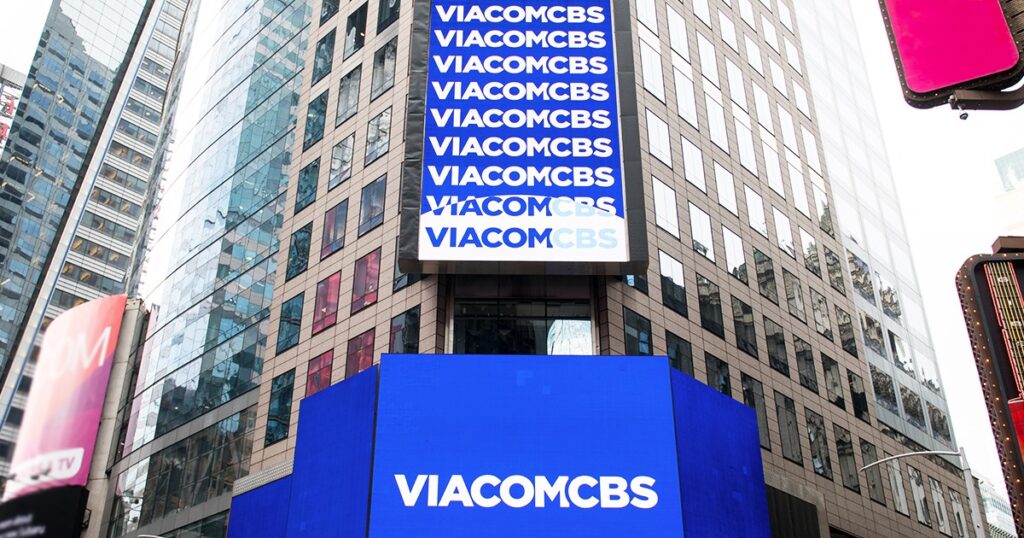
CEO Bob Bakish told employees earlier this month that the media conglomerate is requiring all U.S.-based employees working onsite during its “Yellow Phase” to be fully vaccinated, adding that it is still assessing whether this mandate will continue into the “Green Phase,” which is when most staff will be back in the office. Bakish also announced that the company is delaying the start of its “Green Phase” until Oct. 18 at the earliest.
“We will continue to closely monitor the impacts of the Delta variant and the response from schools, governments and other employers as we finalize our plans to return to the office,” Bakish said.
Walgreens (WBA)
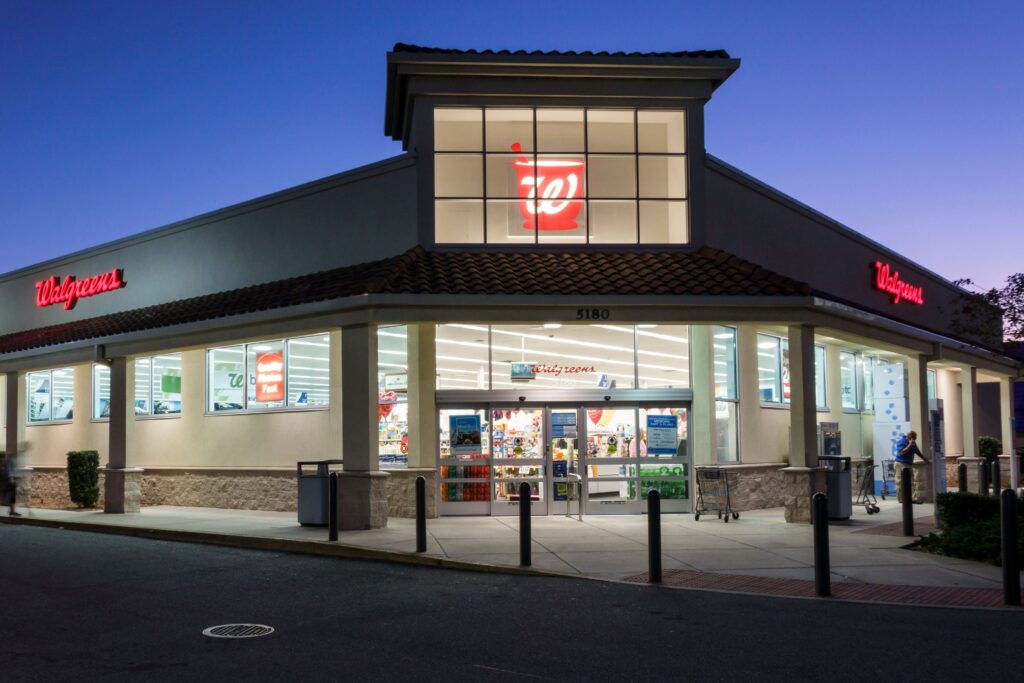
The pharmacy giant is requiring workers in its U.S. support offices to be fully vaccinated by Sept. 30, it said in a statement on Aug. 3. Those who do not adhere to the new rule will have to undergo Covid testing. Store associates must wear masks, regardless of vaccination status.
The Walt Disney Company (DIS)
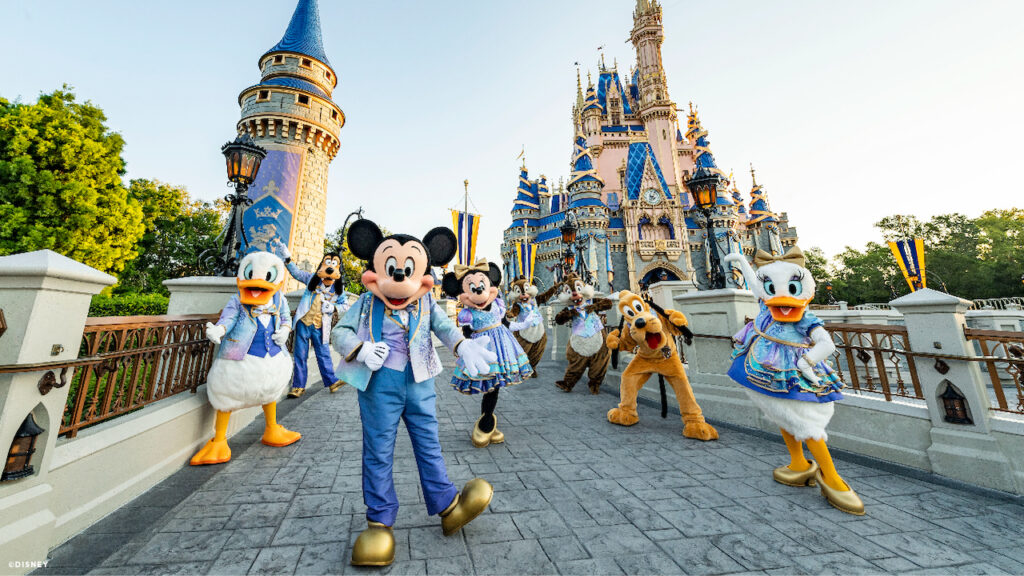
Disney is requiring all of its new, salaried and non-union hourly employees to get vaccinated before heading to work. “Employees who aren’t already vaccinated and are working on-site will have 60 days from today to complete their protocols, and any employees still working from home will need to provide verification of vaccination prior to their return, with certain limited exceptions,” the company said in part in an emailed statement. “Vaccines are the best tool we all have to help control this global pandemic and protect our employees.”
Walmart (WMT)
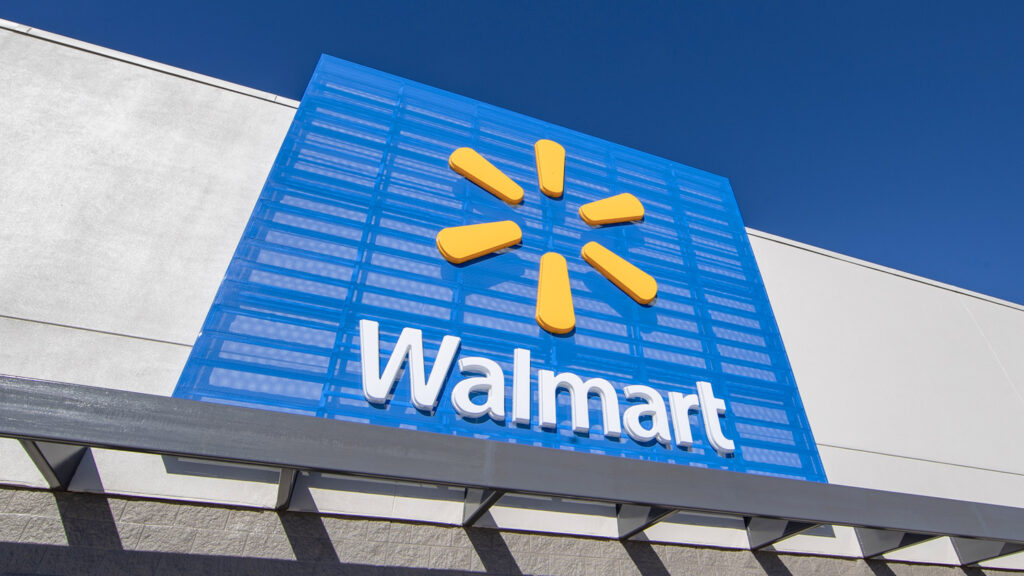
Walmart corporate associates, managers and new hires are required to get their shot by Oct. 4, President and CEO Doug McMillon told employees in an internal memo obtained by NBC News. “As we all know, the pandemic is not over, and the Delta variant has led to an increase in infection rates across much of the U.S,” he wrote. “Given this, we have made the decision to require all campus office associates and all market, regional and divisional associates who work in multiple facilities to be vaccinated by Oct. 4, unless they have an approved exception.”
The Washington Post (GHC)
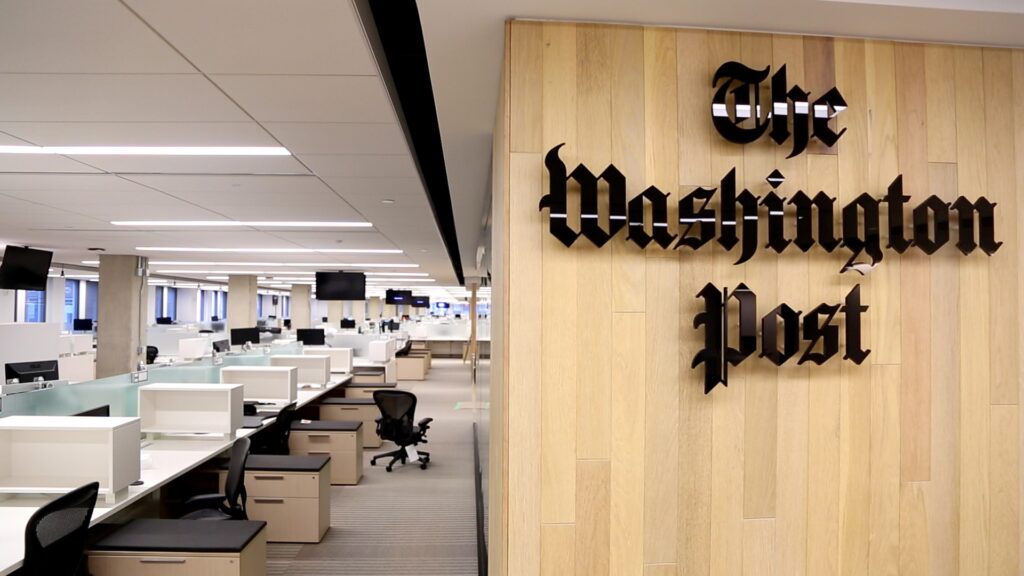
Post employees, including new hires, must demonstrate proof of vaccination as a condition of their employment starting when they return to the office on Oct. 18, CEO Fred Ryan told staff in a memo sent out last week. “Even though the overwhelming majority of Post employees have already provided proof of vaccination, I do not take this decision lightly,” he said. “However, in considering the serious health issues and genuine safety concerns of so many Post employees, I believe the plan is the right one.”
- https://www.nbcnews.com/business/business-news/here-are-companies-mandating-vaccines-all-or-some-employees-n1275808
- https://baltimore.cbslocal.com/2021/07/29/these-dc-companies-are-insisting-on-covid-19-vaccines-for-their-employees/
- https://www.nytimes.com/2021/08/03/business/vaccine-mandate-employees-microsoft.html
- https://www.latimes.com/business/story/2021-08-07/list-employers-with-covid-19-vaccine-mandates
- https://fortune.com/2021/08/23/companies-requiring-vaccines-workers-vaccination-mandatory/
- https://www.aarp.org/work/working-at-50-plus/info-2020/employer-require-covid-vaccine.html
- Why Student Loans Are a Scam - January 18, 2026
- Nick Shirley Is a Retard - January 13, 2026
- Here Are All of the Epstein Files So Far - January 11, 2026


